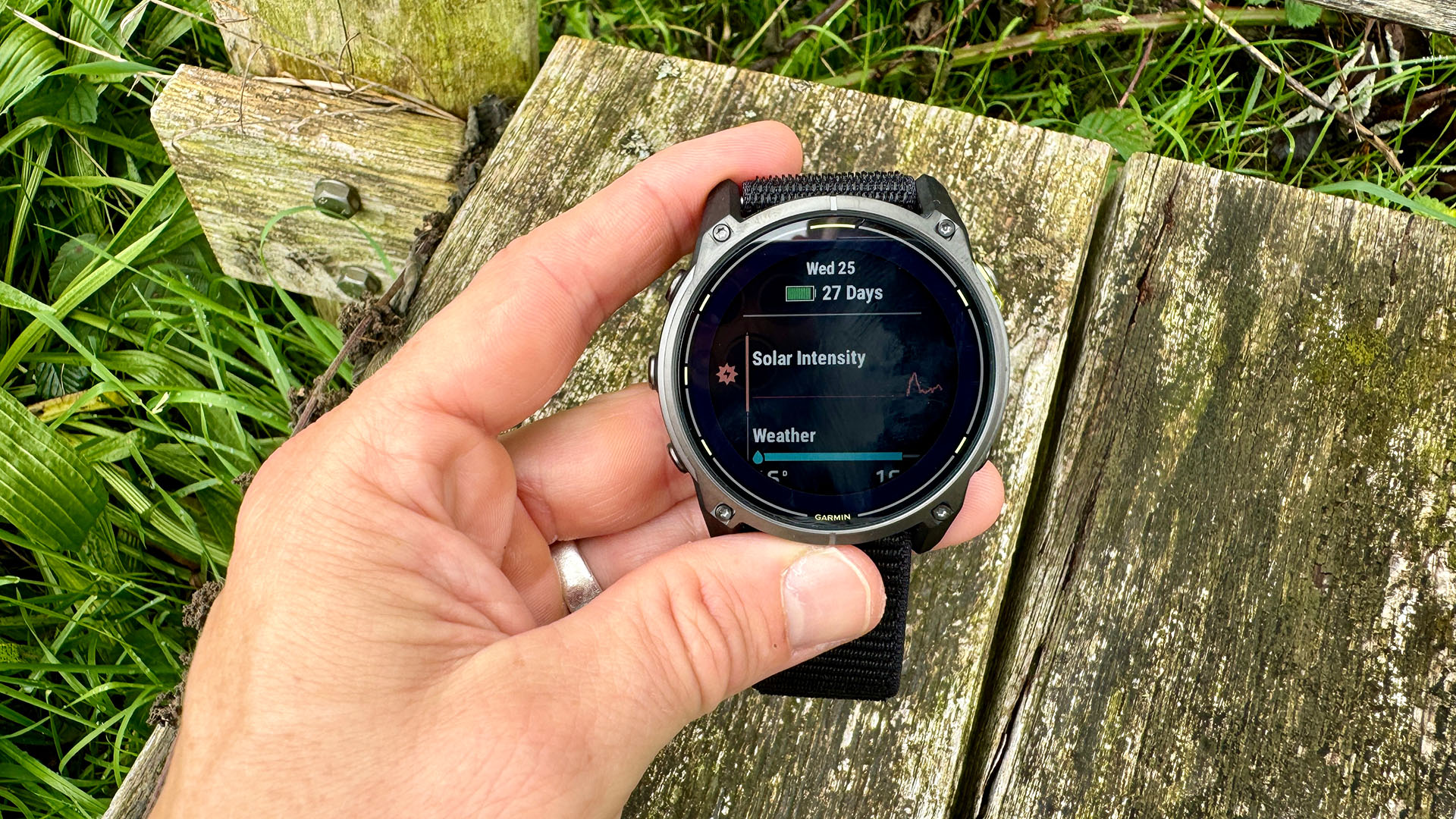Active
The latest Active breaking news, comment, reviews and features from the experts at T3
Explore Active
-
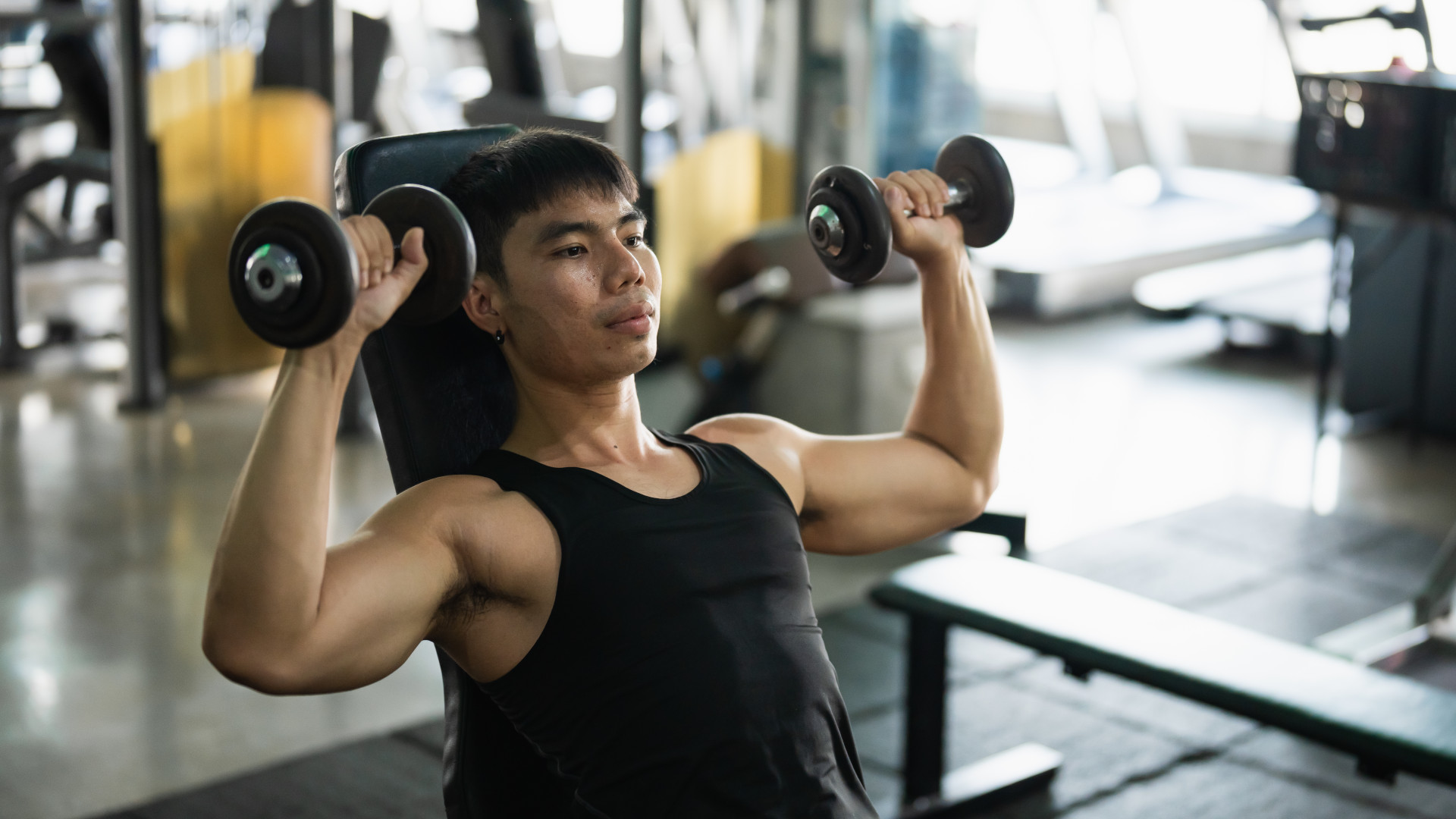
3 overrated shoulder exercises, according to a fitness expert (and what to do instead)
Sculpt 3D shoulders whilst minimising injury with these three alternative exercises
By Bryony Firth-Bernard Published
-
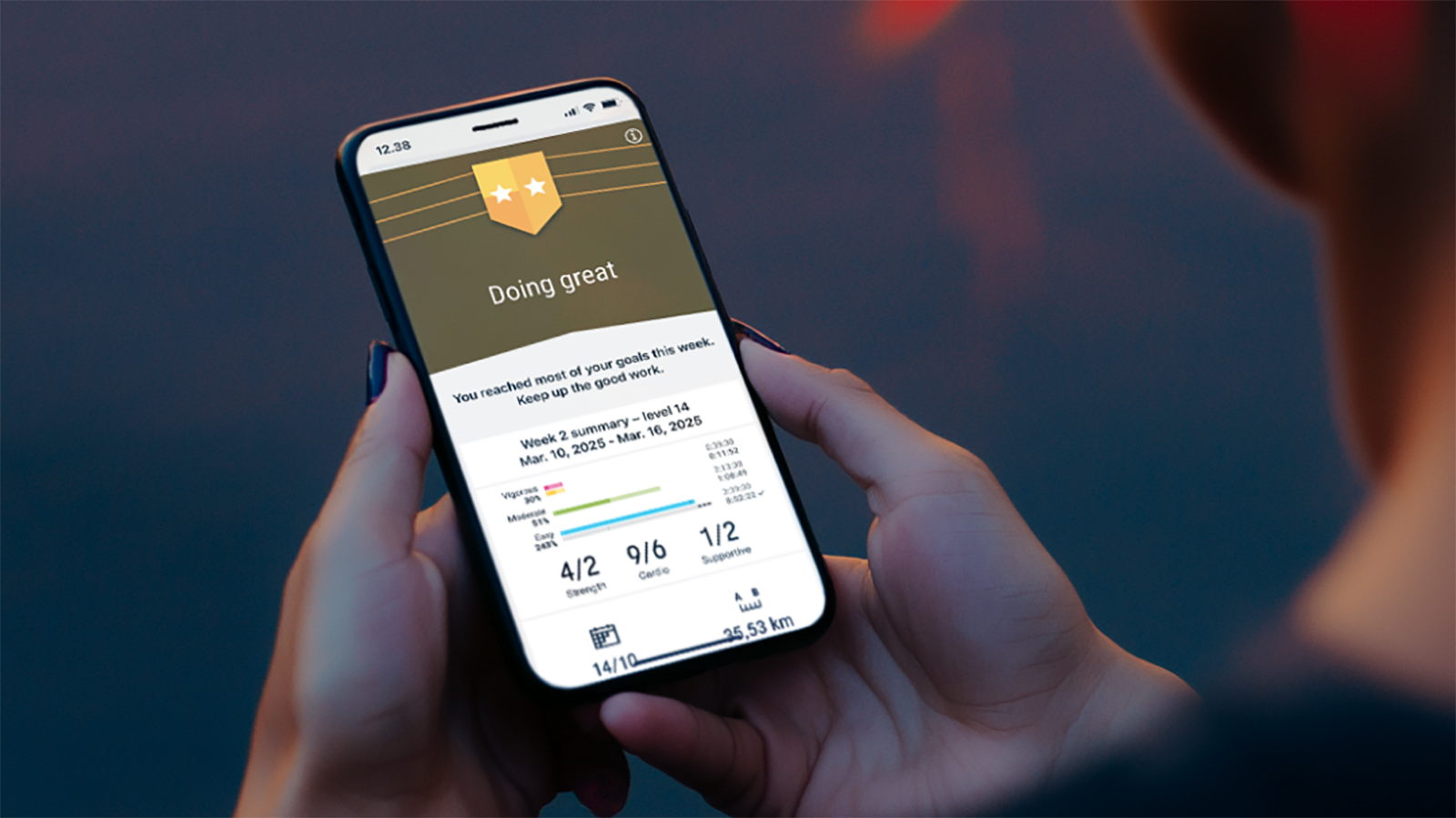
Polar’s new subscription feature lands in the shadow of Garmin’s Connect+ rollout
PR genius or timing disaster? Polar’s new Fitness Programme adds adaptive training to its ecosystem
By Matt Kollat Published
-
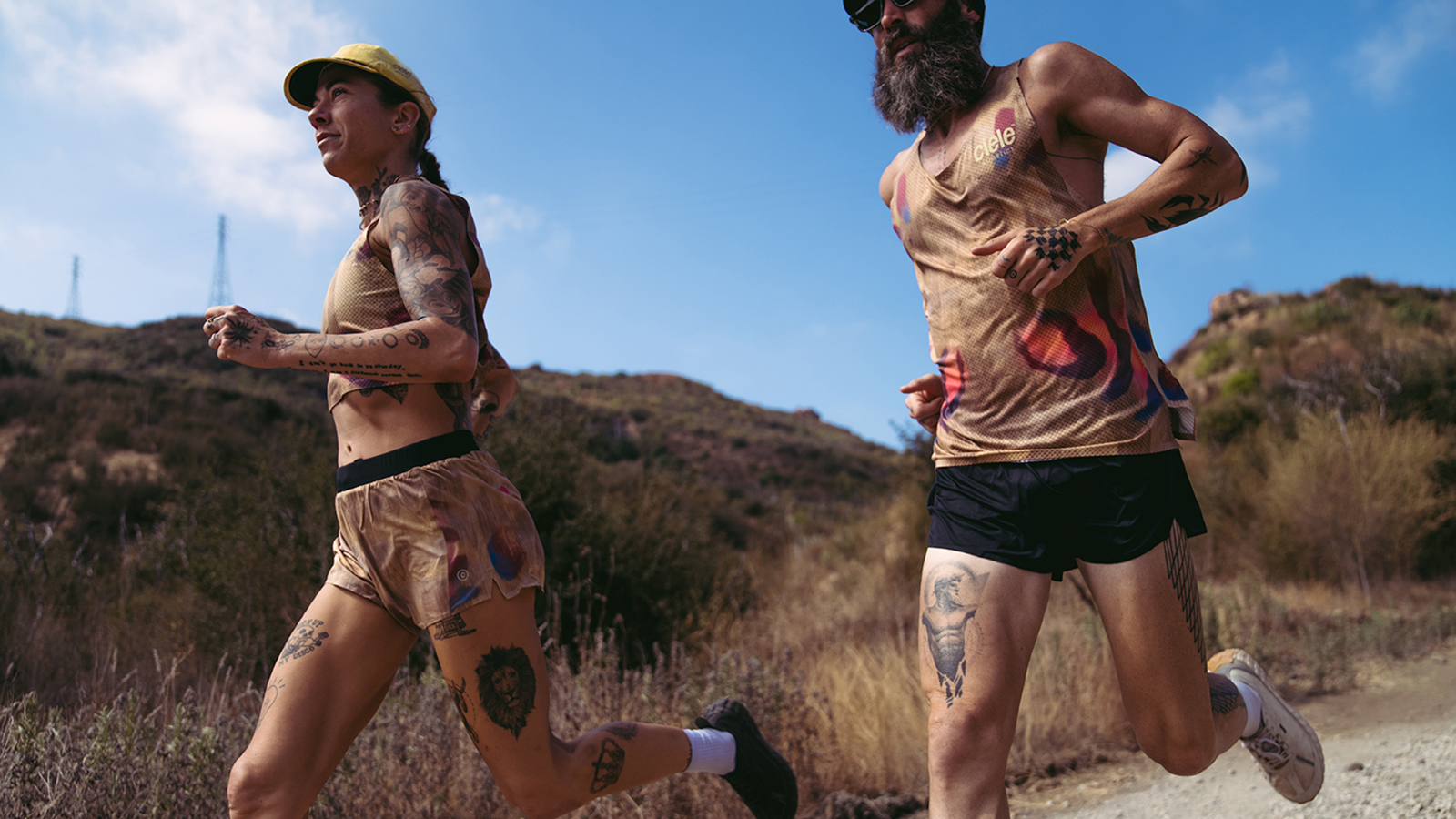
Warning: Ciele’s refreshed Elite Collection may cause excessive garment envy on race day
Flex on your run crew with Ciele’s latest drop
By Matt Kollat Published
-
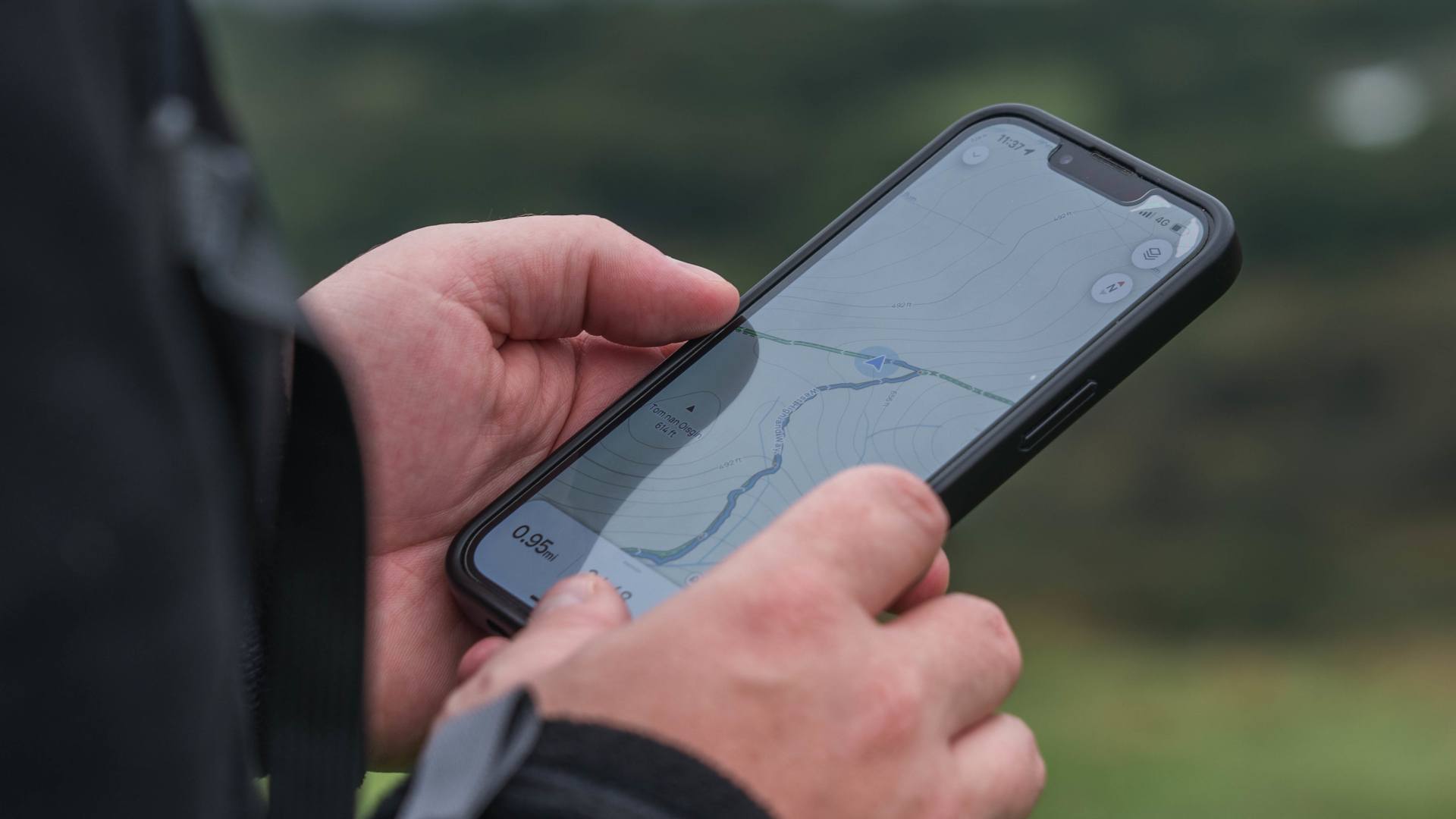
I’m an outdoors writer and the app I use for all my walks and hikes has 50% off
You can now snap up an annual AllTrails+ membership for £17.99, but it's for a limited time only
By Bryony Firth-Bernard Published
-
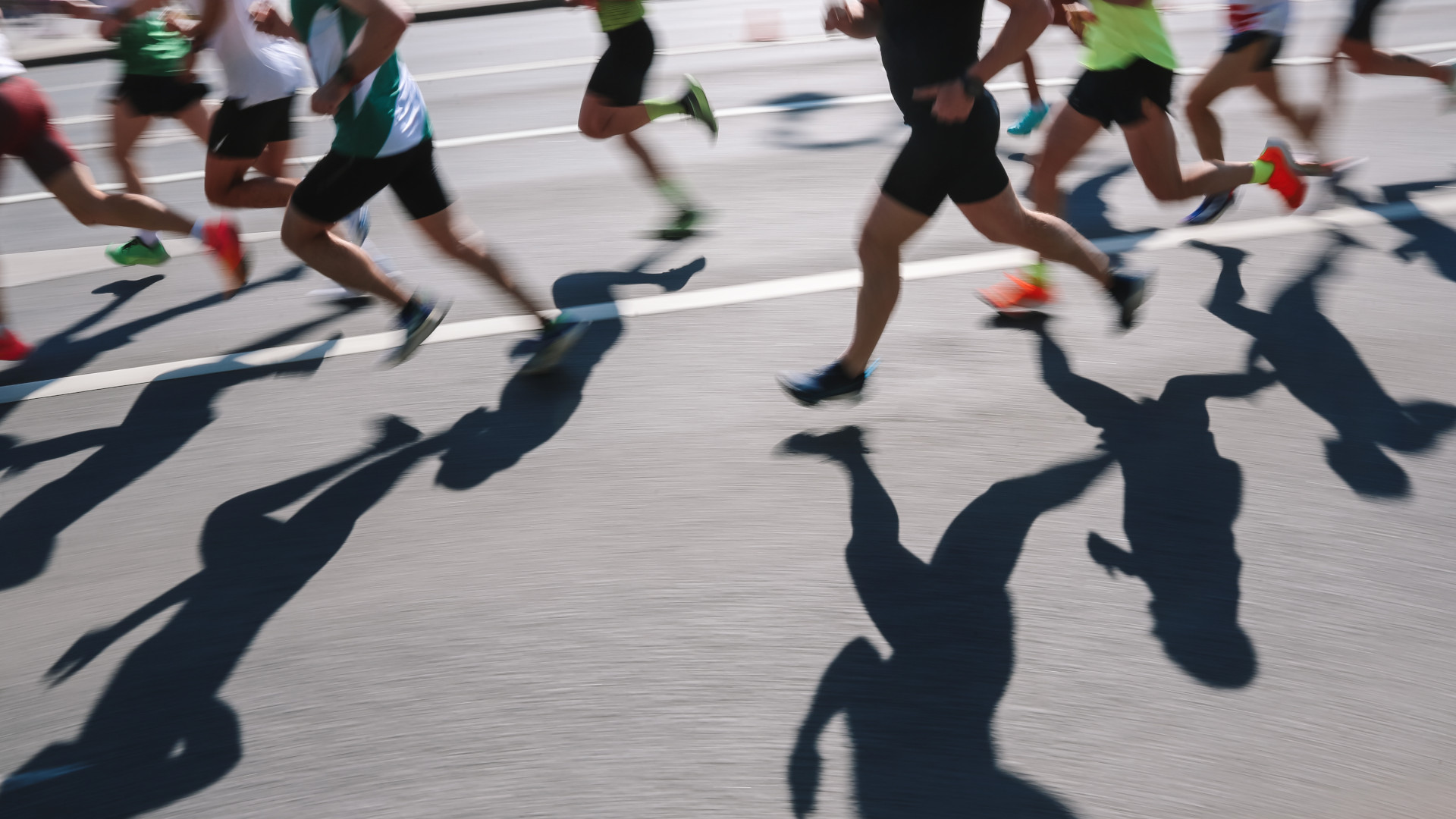
5 last-minute marathon tips from an athletics champion to help you race like a pro
European Silver Medalist Holly Archer shares some words of wisdom to make your 26.2 mile journey a good one
By Bryony Firth-Bernard Published
-
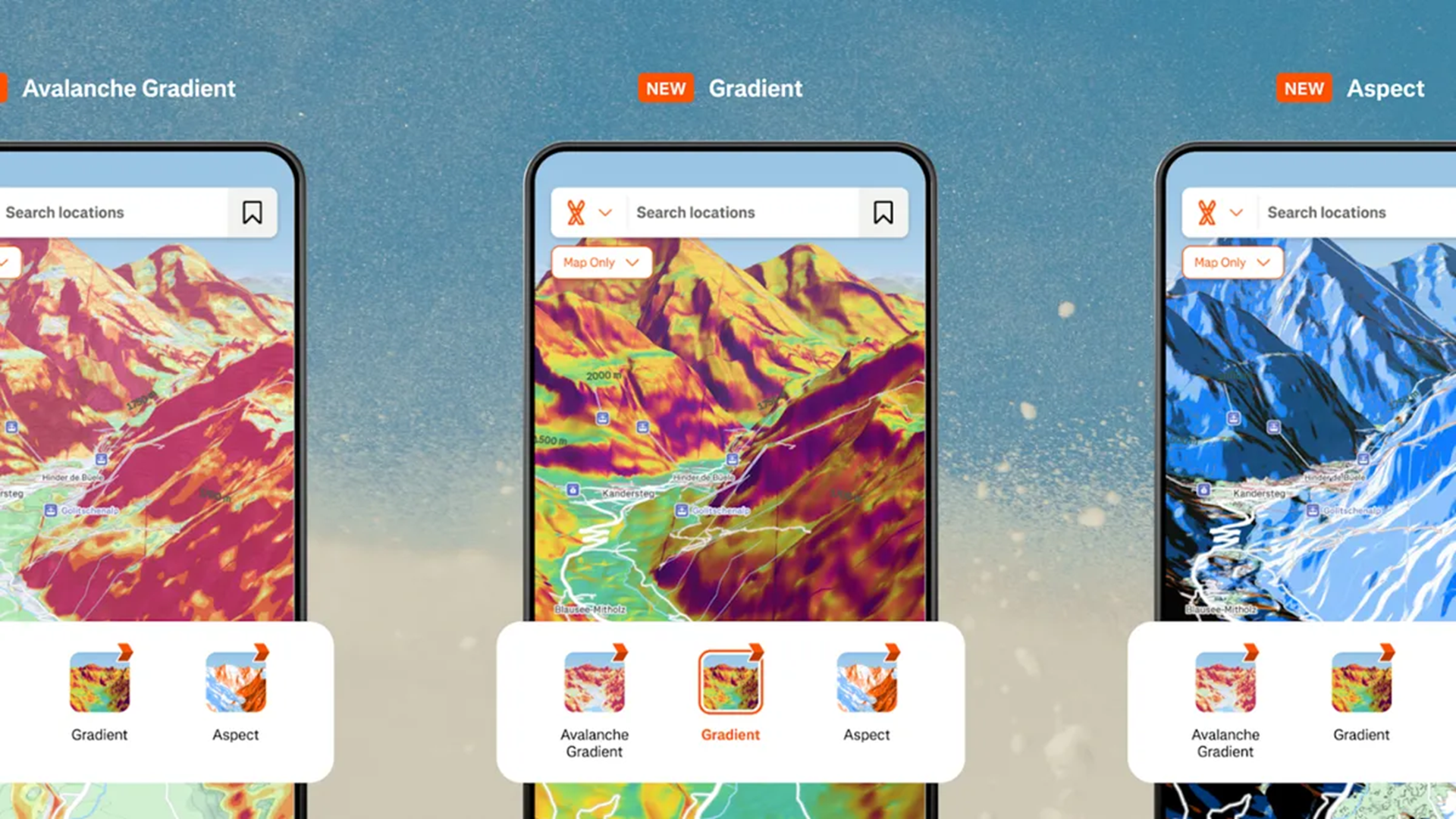
Strava gets major refresh with new map engine, searchable routes and tappable stickers
Latest app update is a big win for planners, trackers and stat geeks
By Lee Bell Published
-
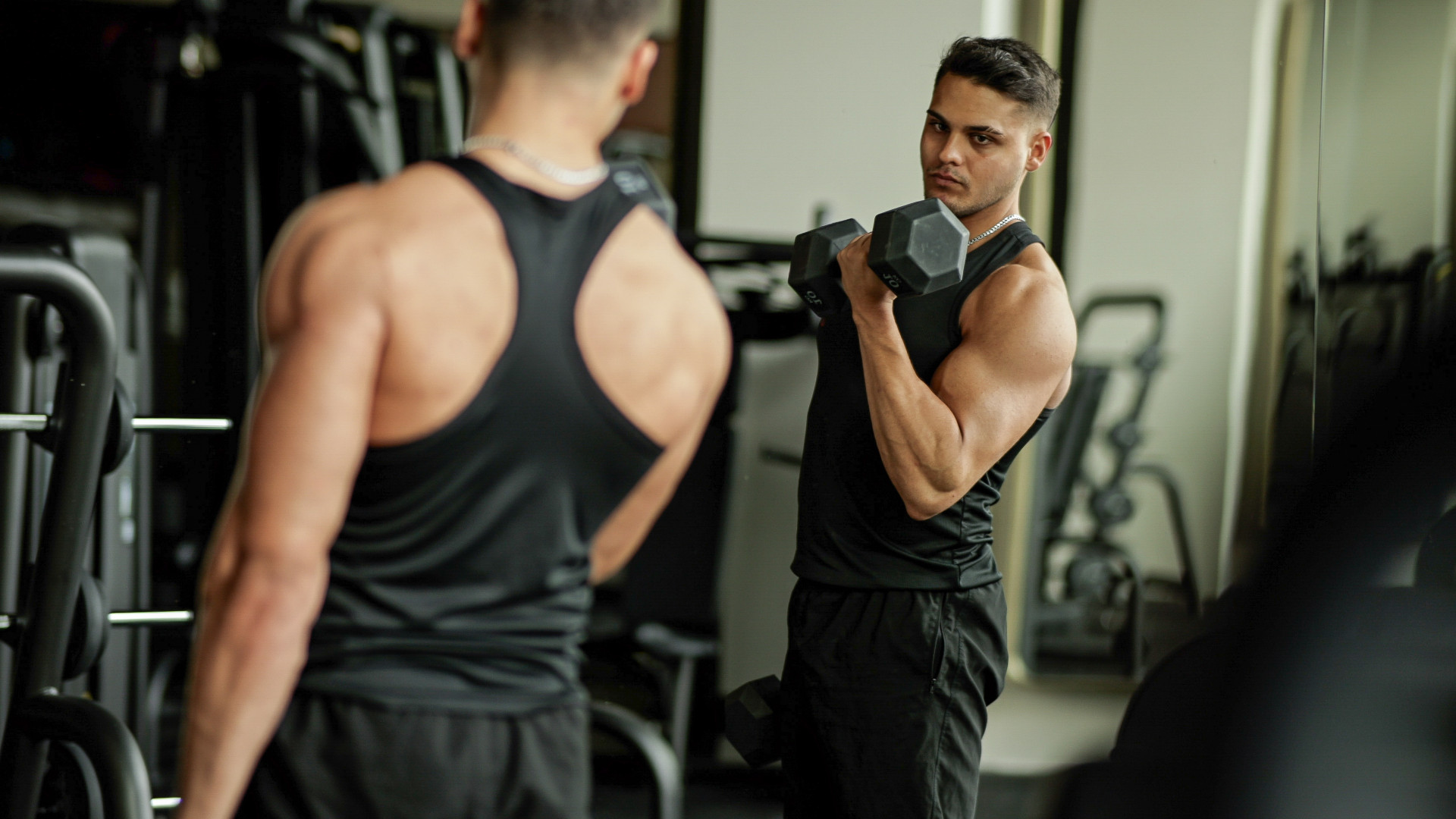
The best biceps exercise, according to science
Have you been training your biceps wrong this whole time?
By Lucy Miller Published
-
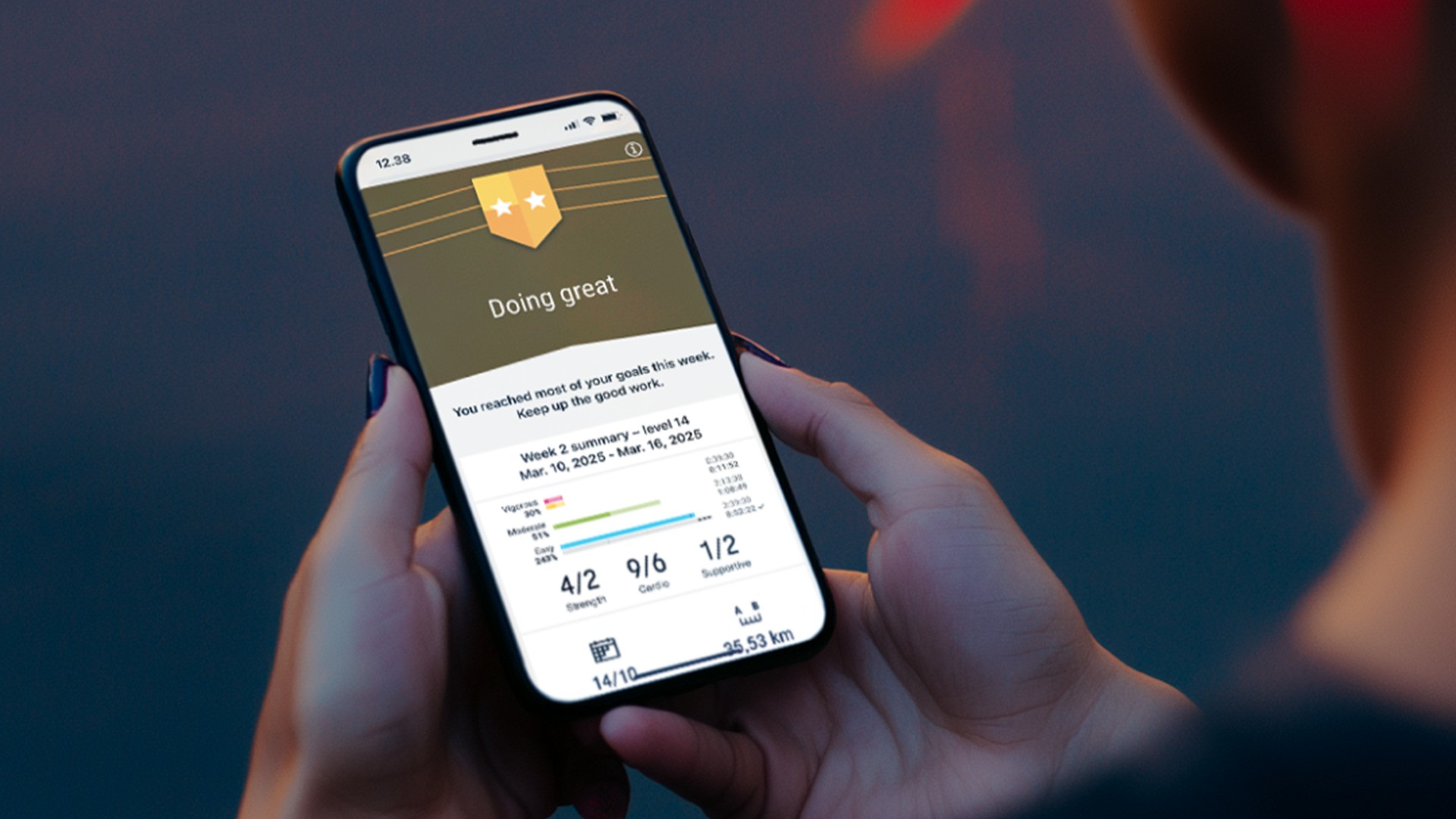
Polar takes on Garmin Connect+ and launches its own adaptive training subscription
Fitness Program arrives just weeks after Garmin dropped its controversial Connect+ subscription news
By Lee Bell Published
-
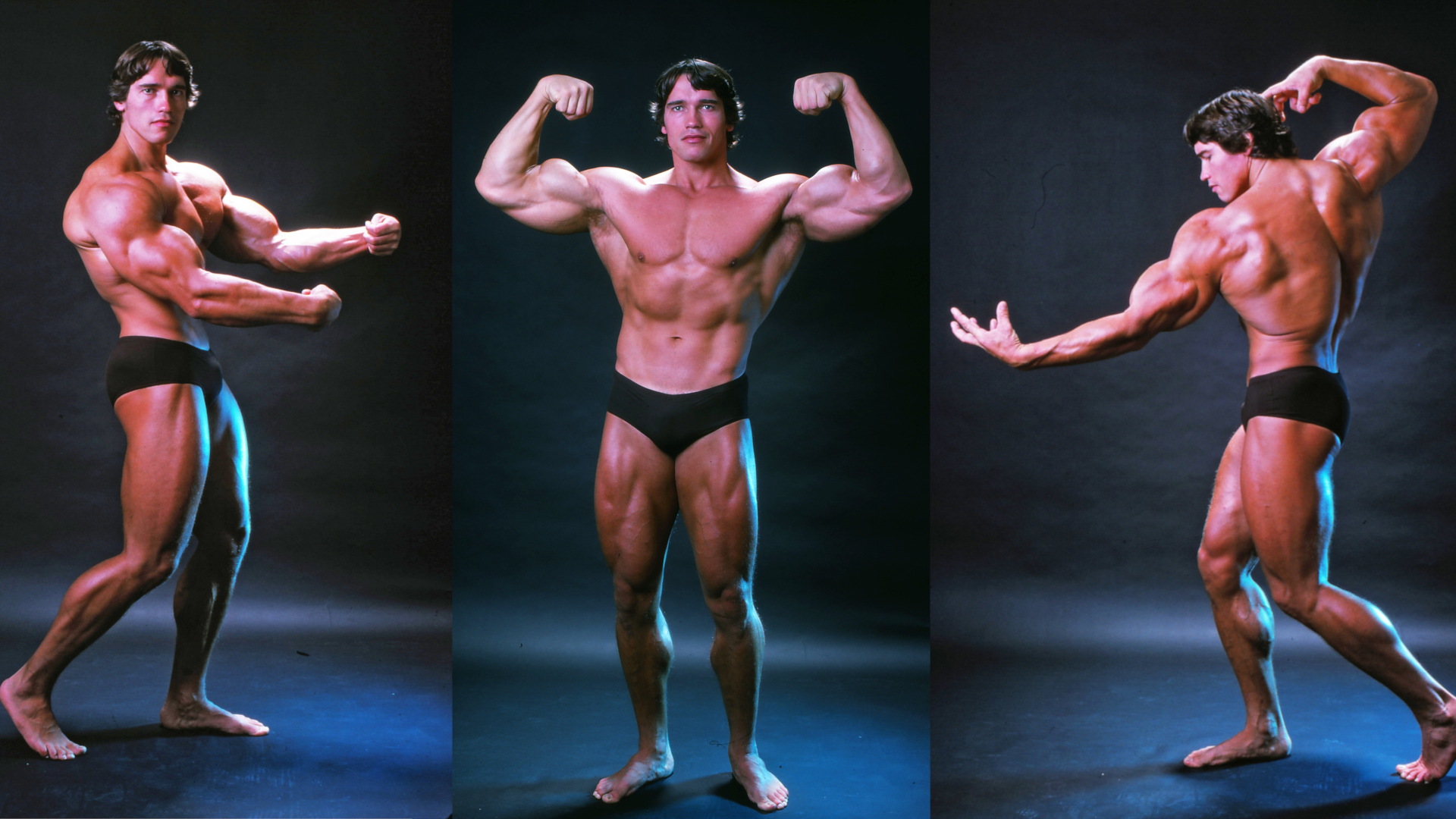
Arnold Schwarzenegger's 30-minute dumbbell workout for full-body gains
Increase your strength and muscle mass in the time it takes to make tea – what’s not to love?
By Bryony Firth-Bernard Published
-
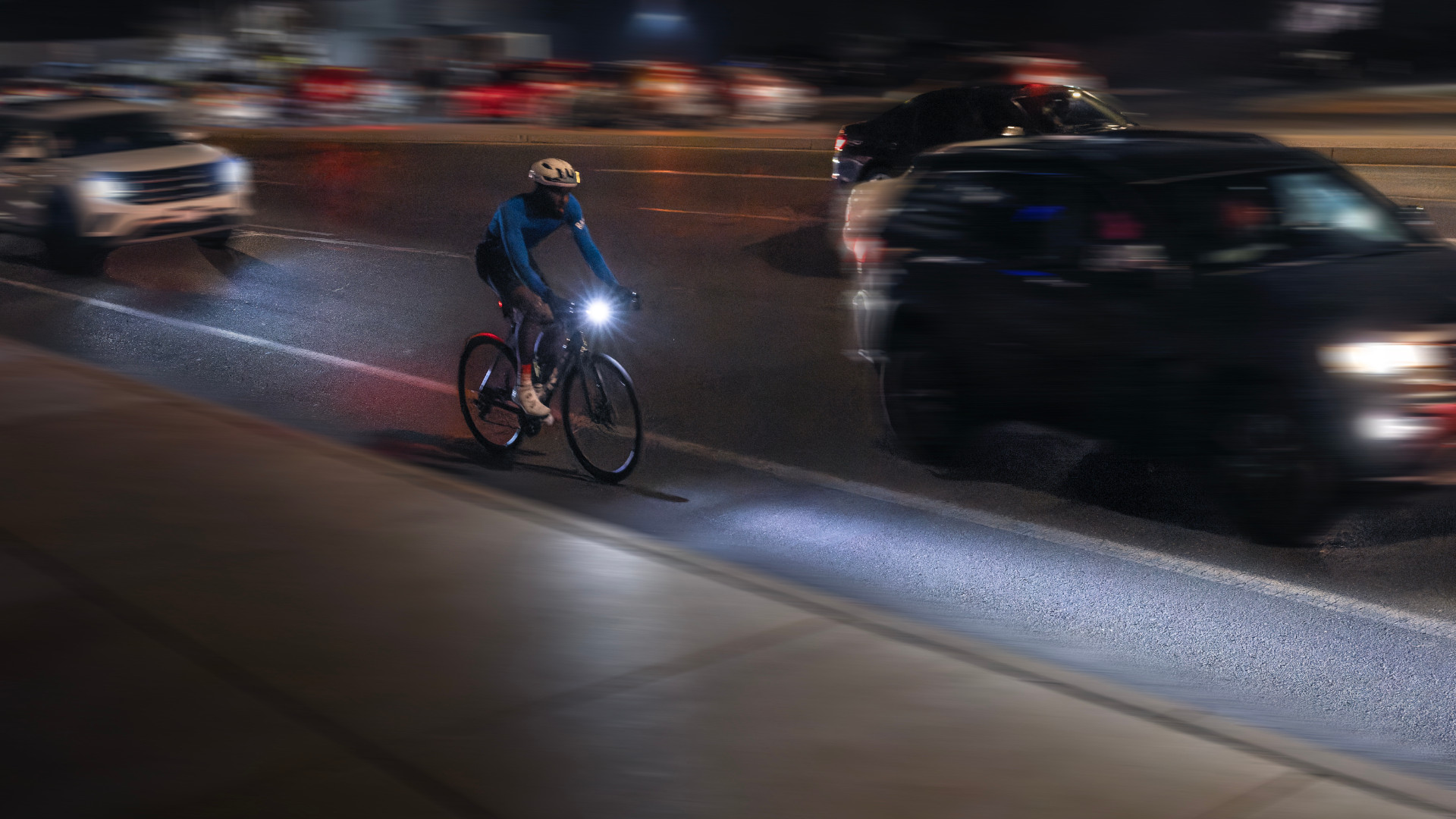
Garmin unveils its first cycling headlight with a built-in camera for automatic incident detection
The Varia Vue also has automatic brightness adjustment and a cut-off beam
By Bryony Firth-Bernard Published
-
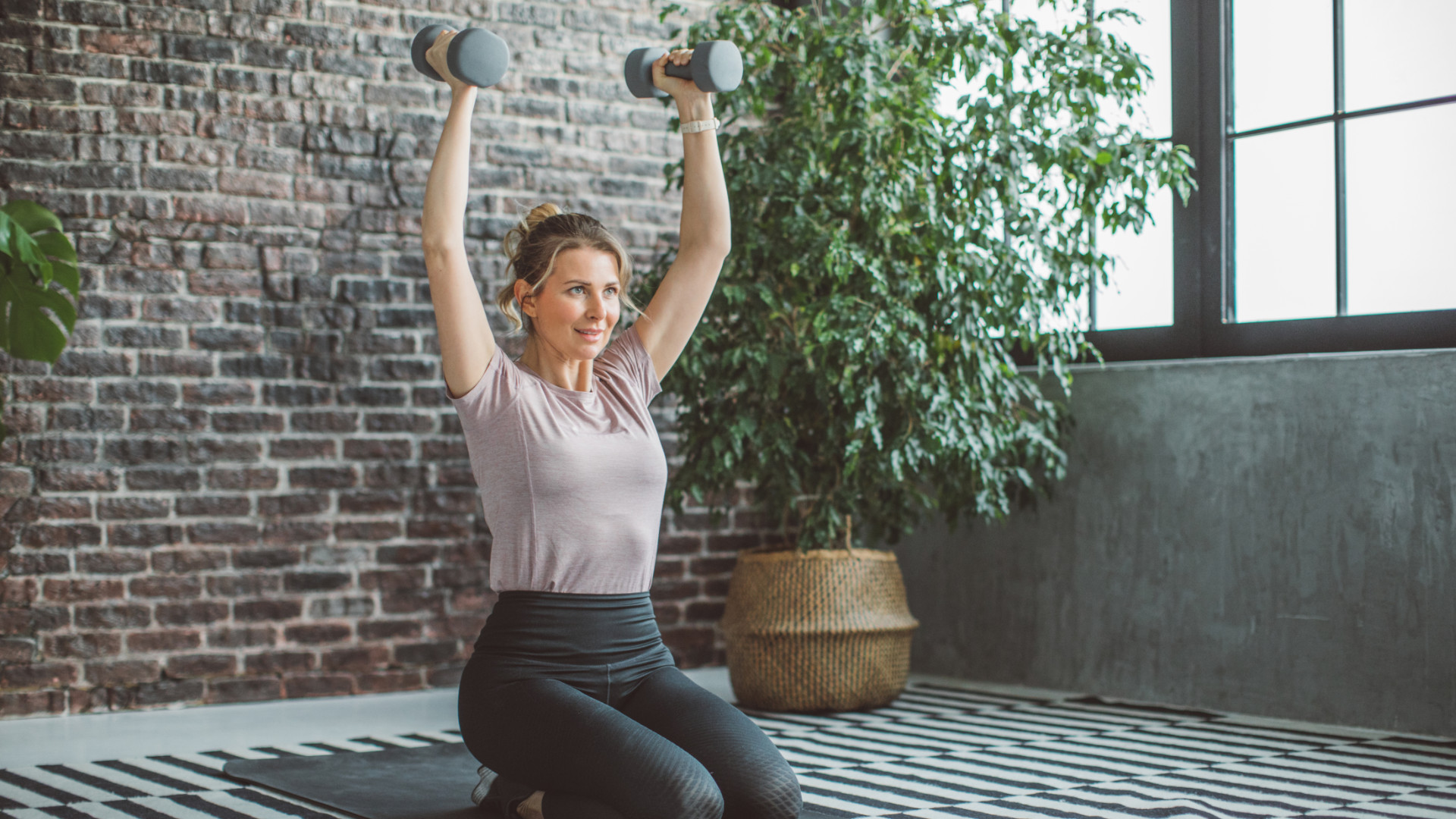
Sculpt your arms and shoulders with this low-impact, strength-style Pilates workout
These four simple dumbbell exercises will help leave your upper body toned and stronger
By Bryony Firth-Bernard Published
-
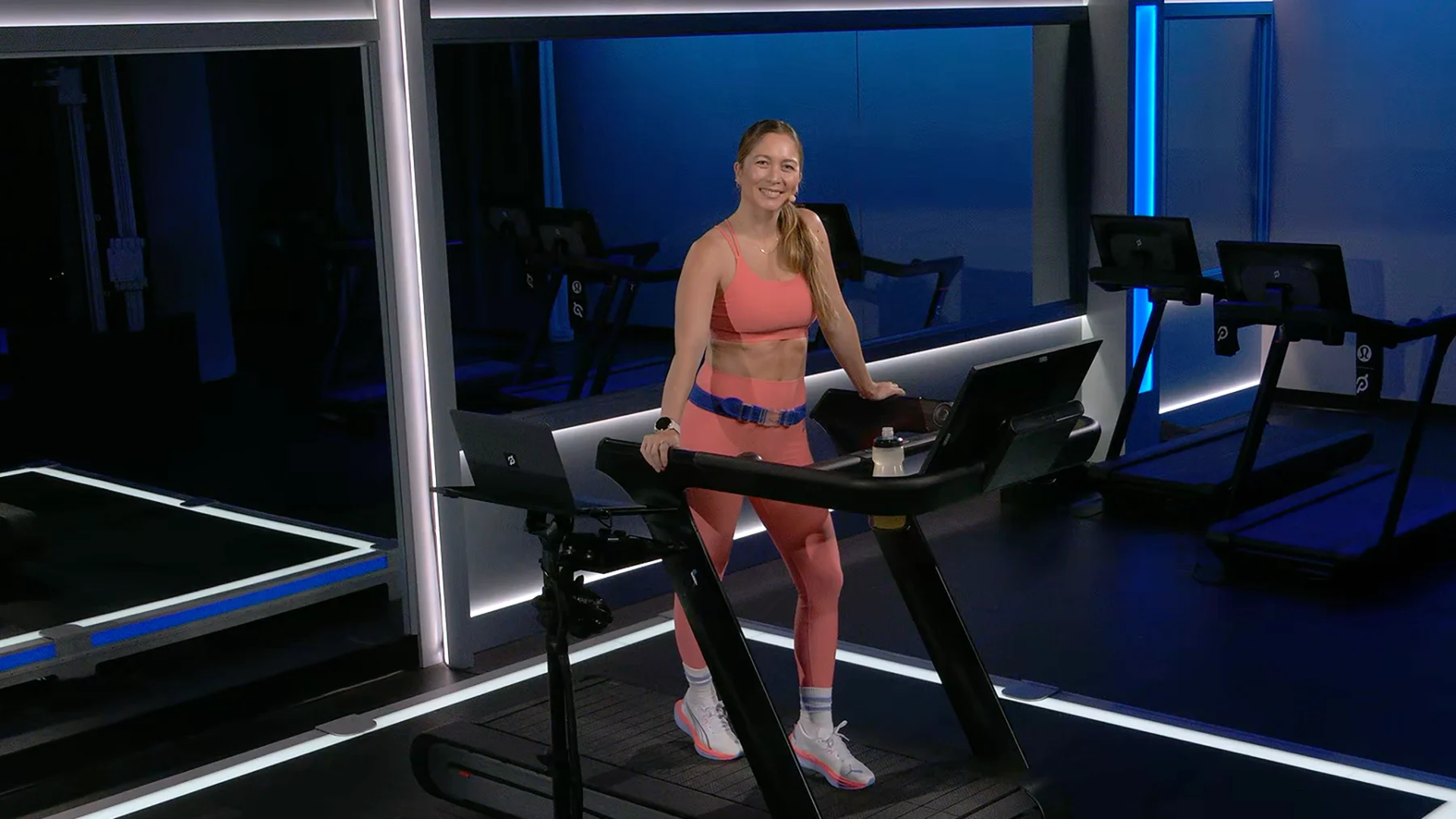
Peloton just doubled down on hiking as a year-round activity with outdoor-inspired apparel collection
Latest clothing line complements incline-focused classes that recreate the trail on Tread, Tread+, and the Peloton App
By Lee Bell Published
-
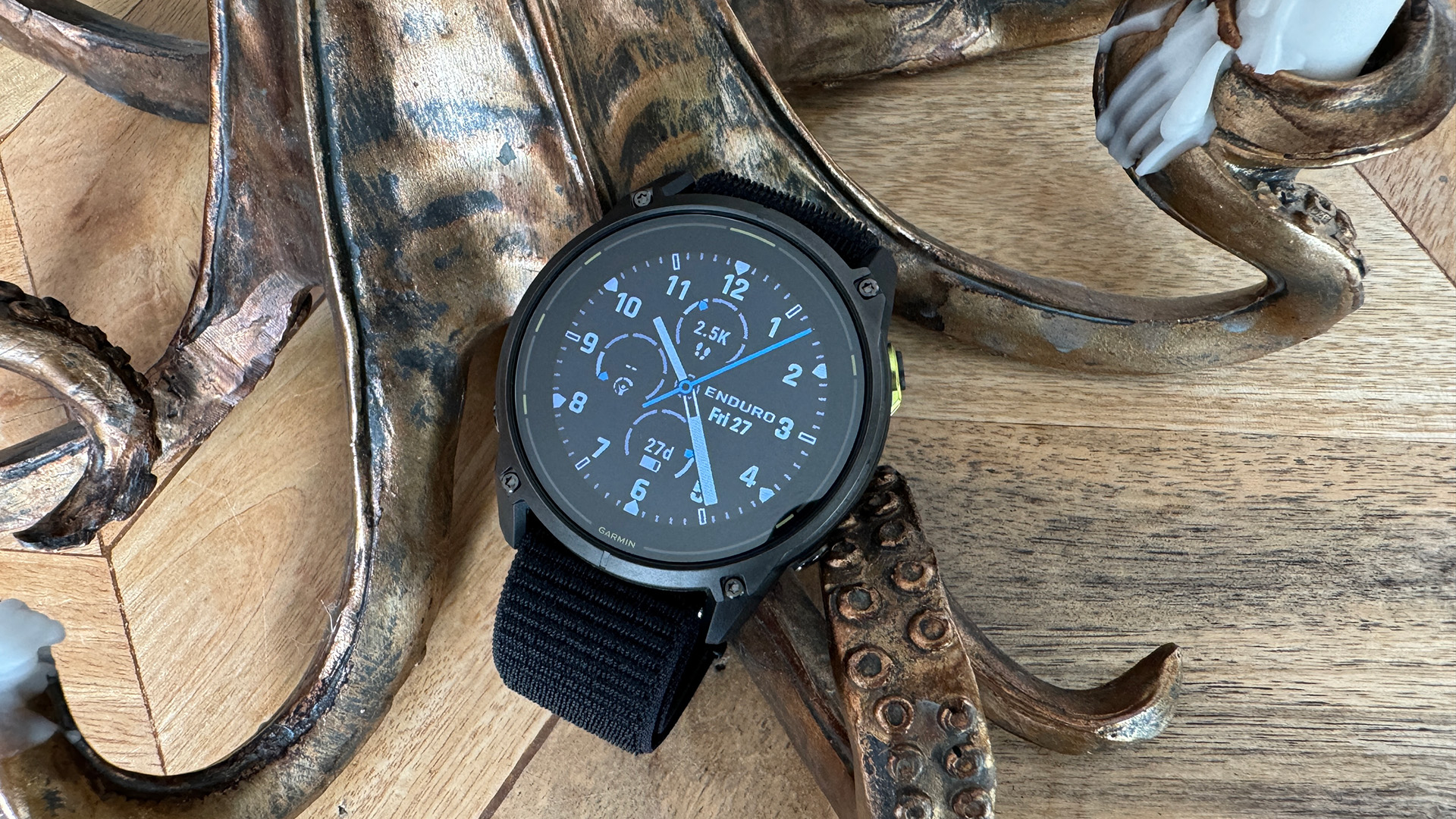
Garmin’s flagship watches just got smarter – here’s what's new in the latest beta update
Fenix 8, Enduro 3 and Fenix E all get a boost with Garmin’s latest beta software
By Lee Bell Published
-
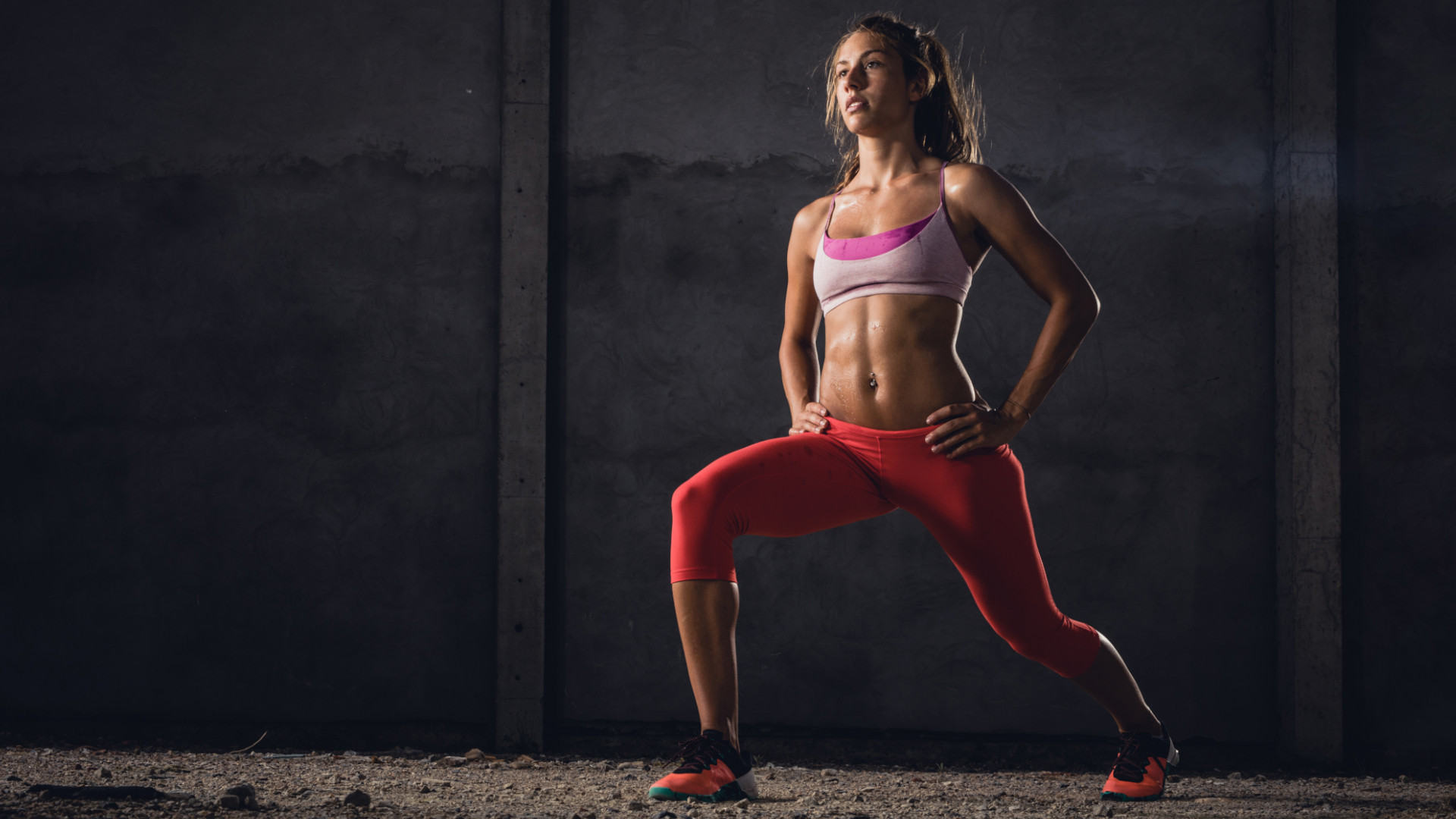
This two-move no-run cardio workout blasts through calories and builds strength all over
No need to run to get fit, this bodyweight workout ramps up the heart rate for a calorie burning boost
By Bryony Firth-Bernard Published
-
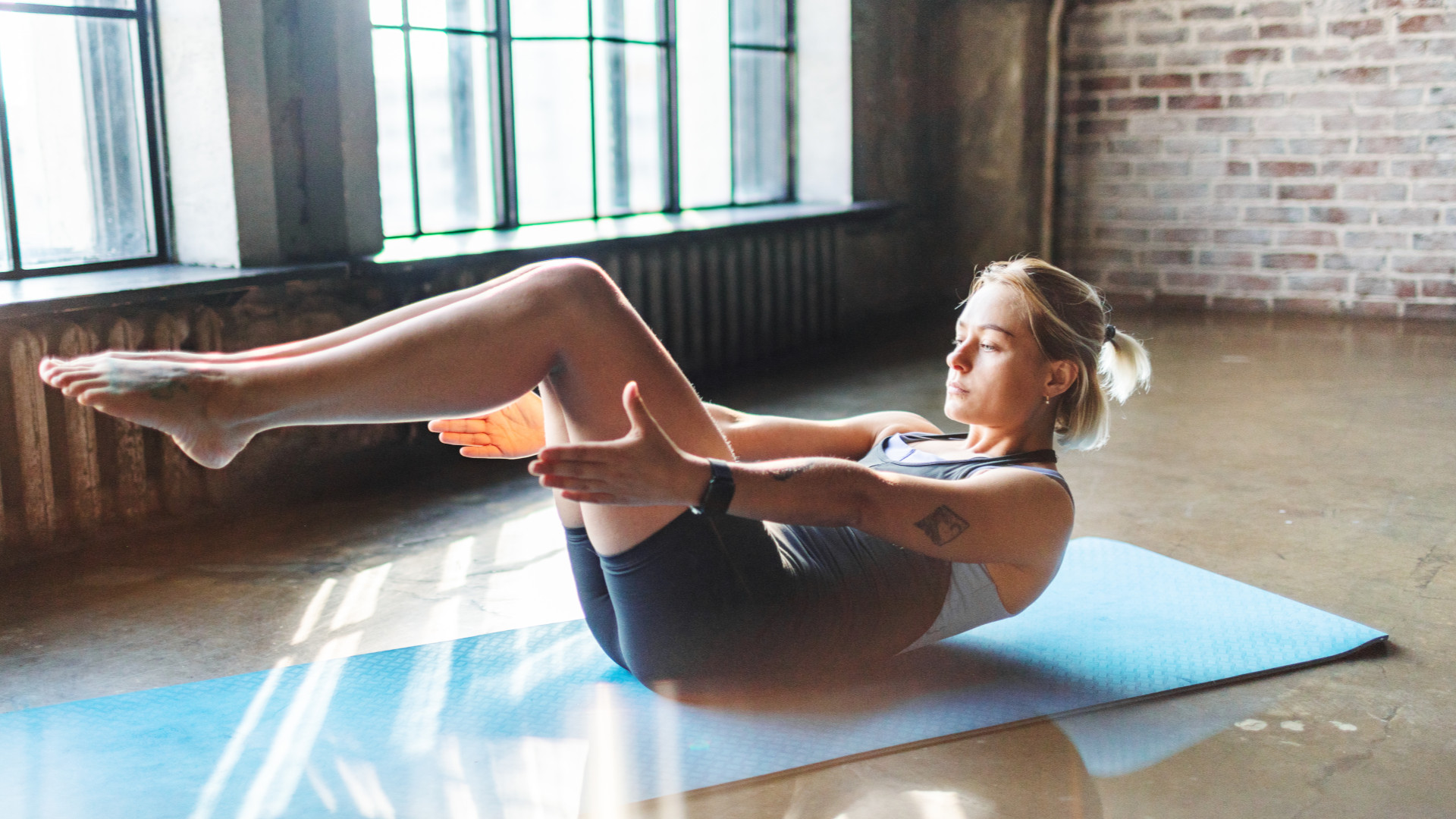
This no-plank, three-move bodyweight workout builds serious core strength and stability
A fitness expert says these exercises build core strength like a gymnast – impressive!
By Bryony Firth-Bernard Published
-
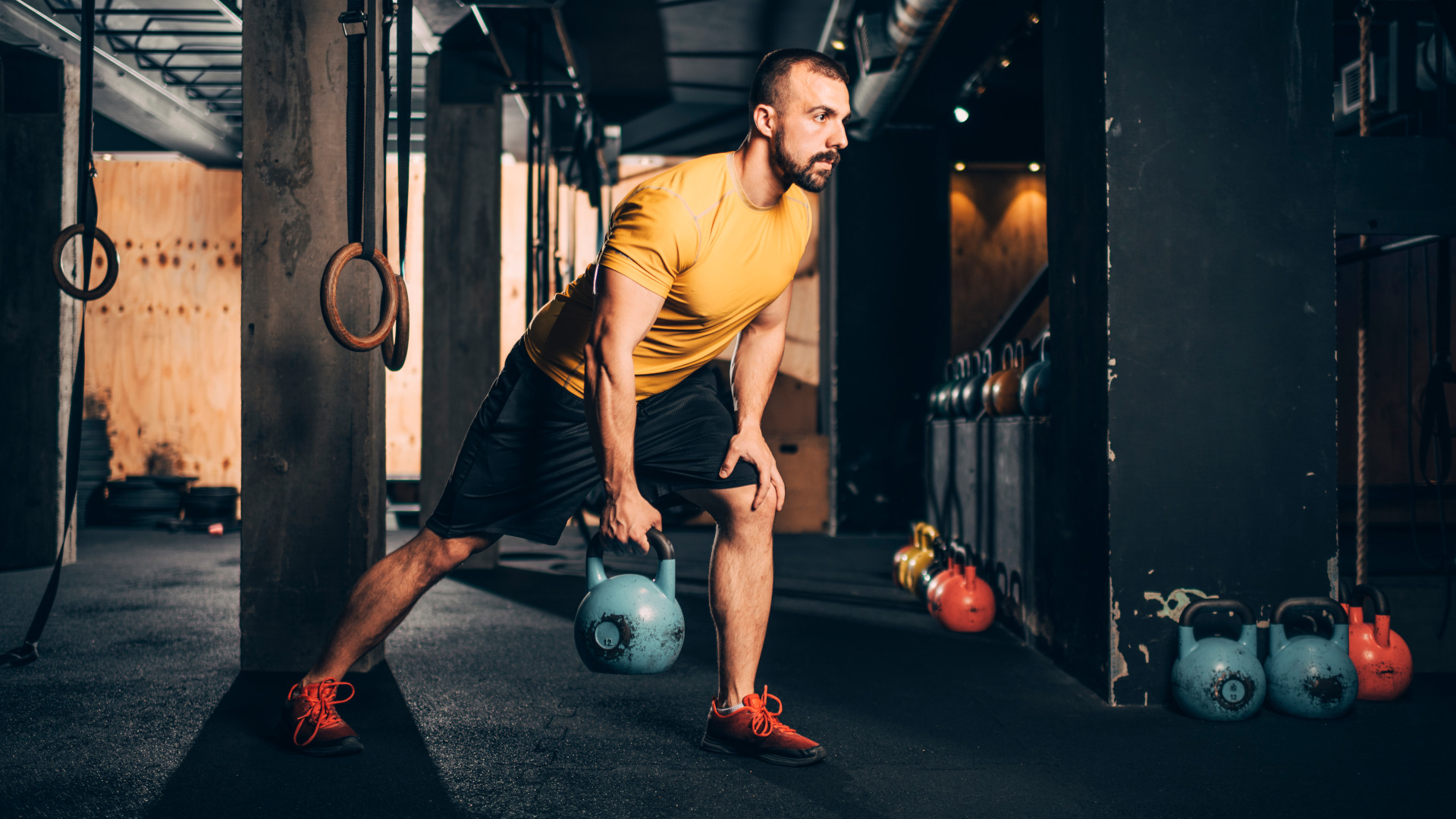
One kettlebell, seven exercises and 30 minutes to build muscle all over and increase strength
A simple strength workout that gets the job done
By Bryony Firth-Bernard Published
-
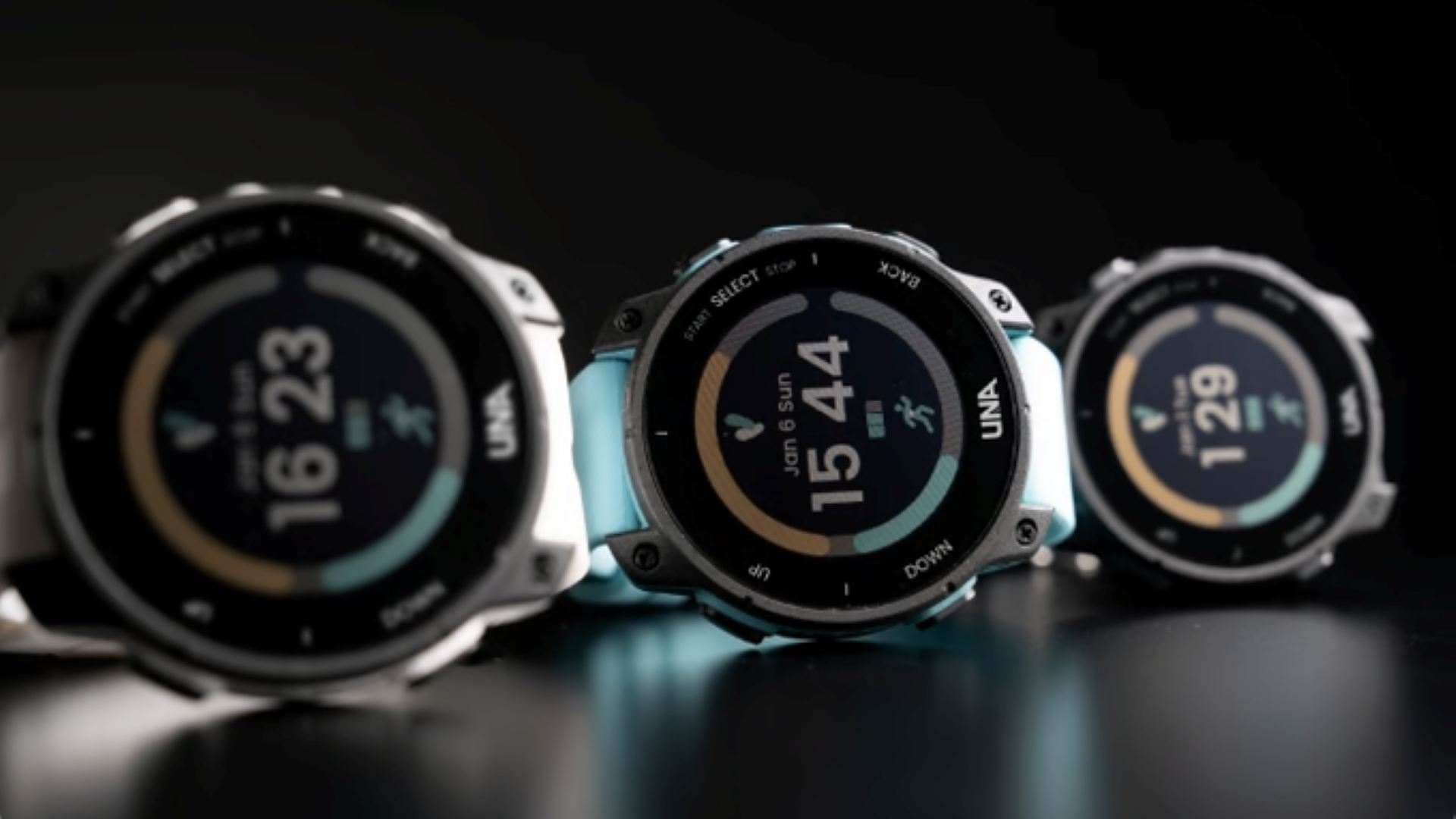
UNA Watch takes on throwaway tech culture with 'world’s first' repairable smartwatch
This modular, sustainable wearable is built to last - not for landfill
By Lee Bell Published
-
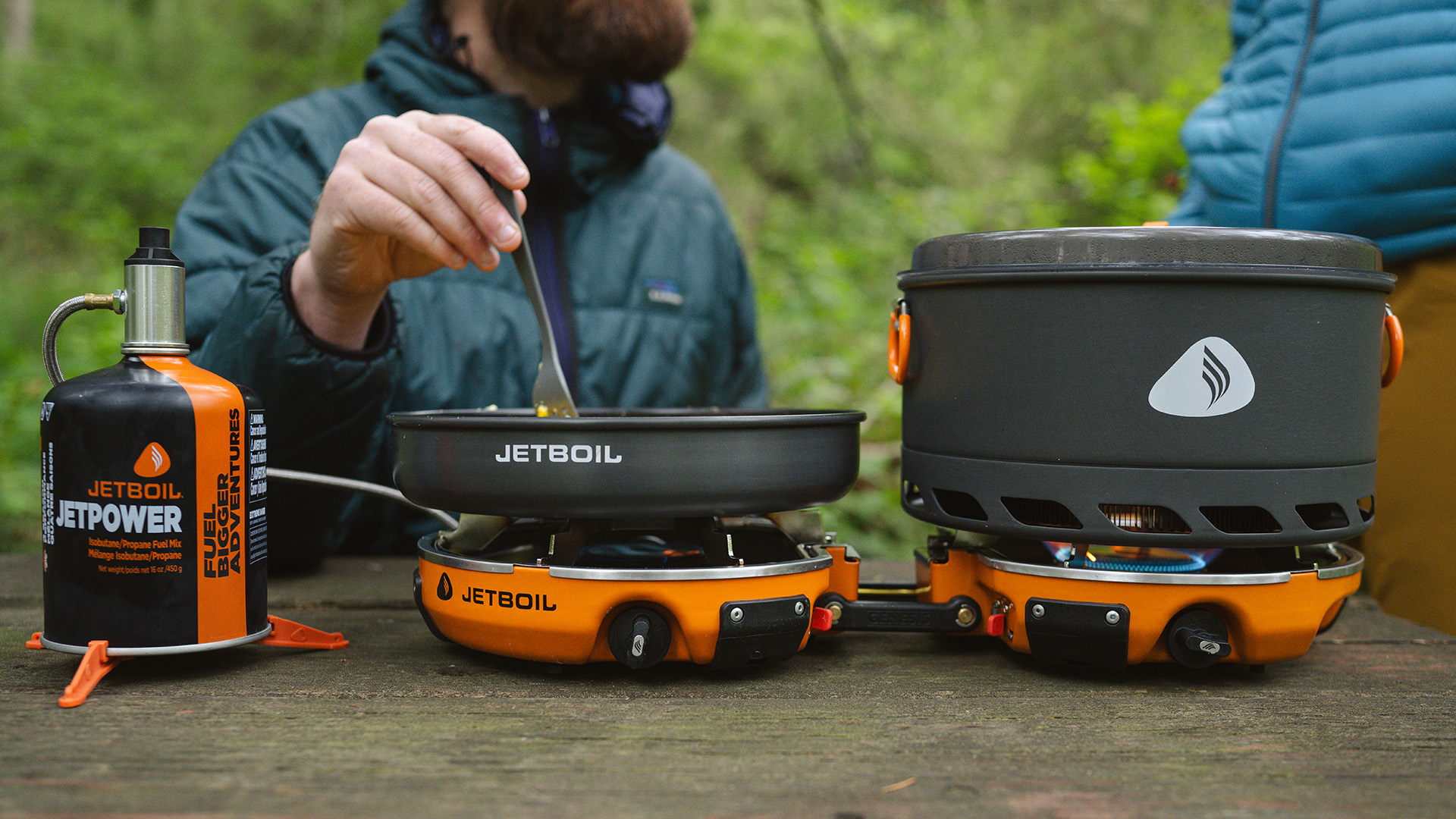
Jetboil's Genesis Basecamp System is all my camping stove dreams rolled into one
Compact, clever, and capable – Jetboil's new Genesis Basecamp System Isobutane is the ultimate campsite cooking setup
By Matt Kollat Published
-
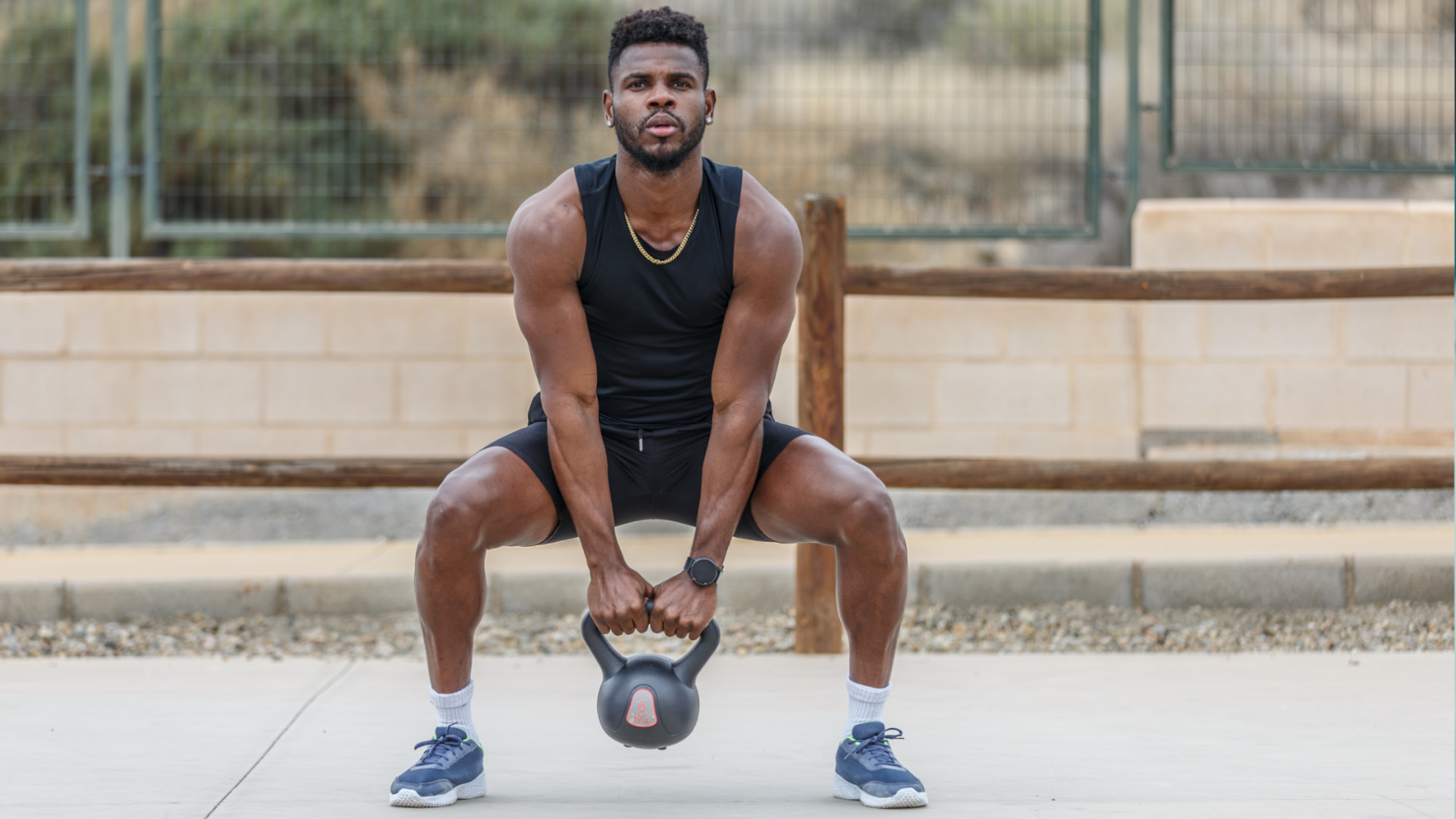
Build total-body strength and blast calories with this 20 minute kettlebell workout
No time? No stress. This five-move workout hits your body from all angles whilst delivering a metabolism boost
By Bryony Firth-Bernard Published
-
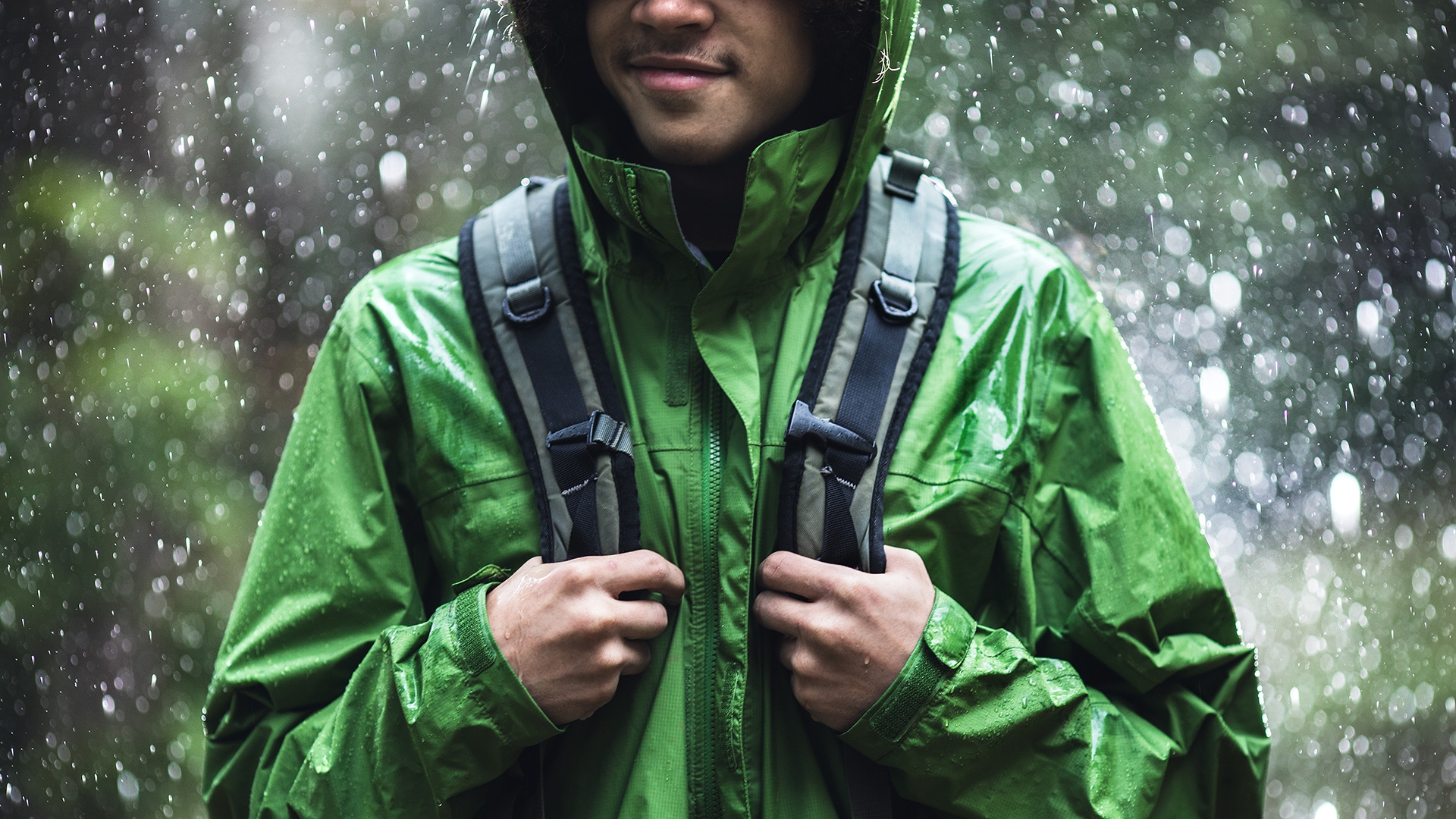
Oh, so you never wash your waterproof jacket? What could possibly go wrong
Waterproof jackets are like friendships – ignore them too long and they’ll stop working for you. And just like friendships, the fix often involves a little warmth.
By Matt Kollat Published
-
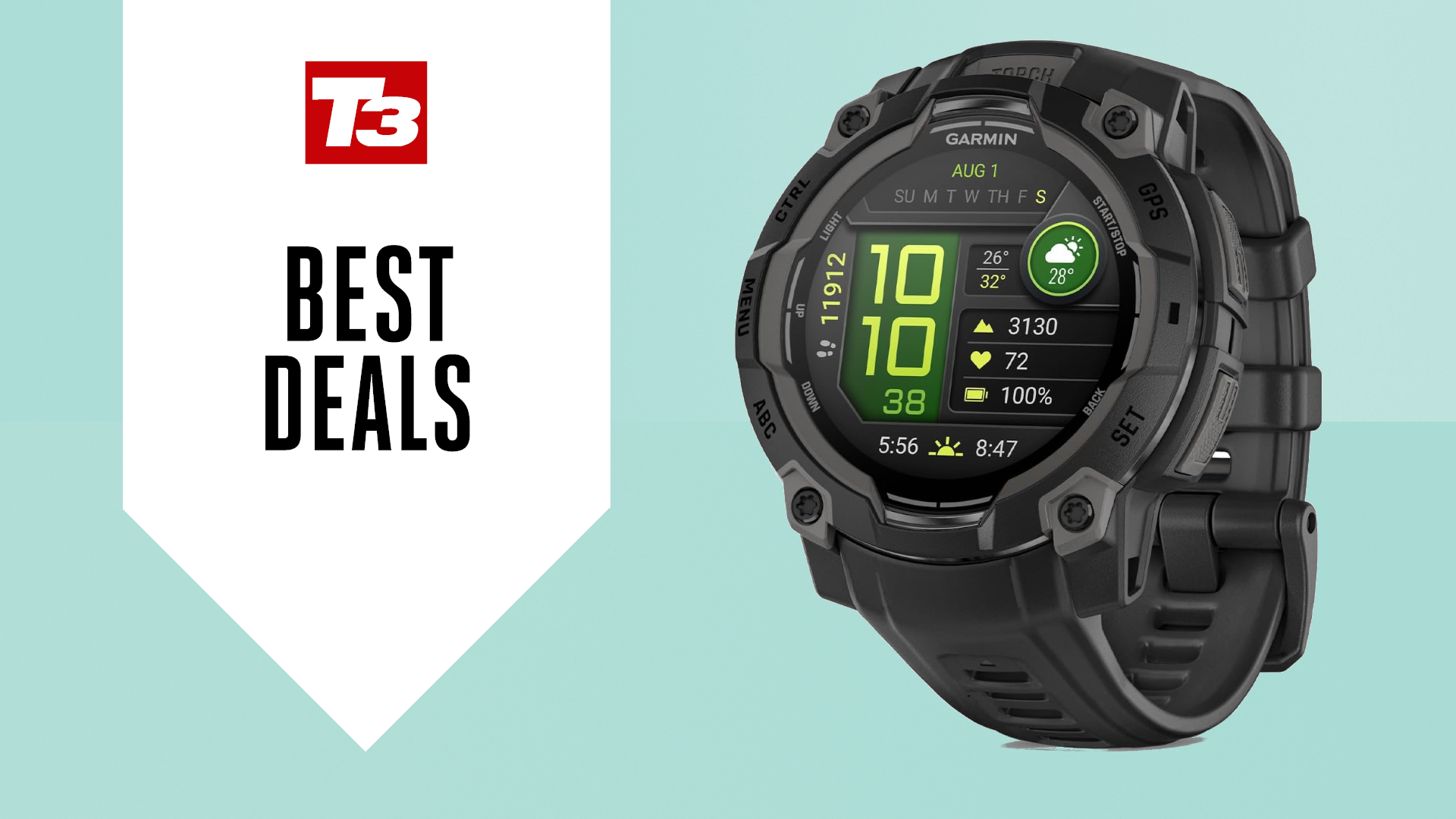
Garmin’s latest Instinct just got way more affordable in this surprising Amazon deal
Ideal for outdoor exploration and
By Bryony Firth-Bernard Published
-
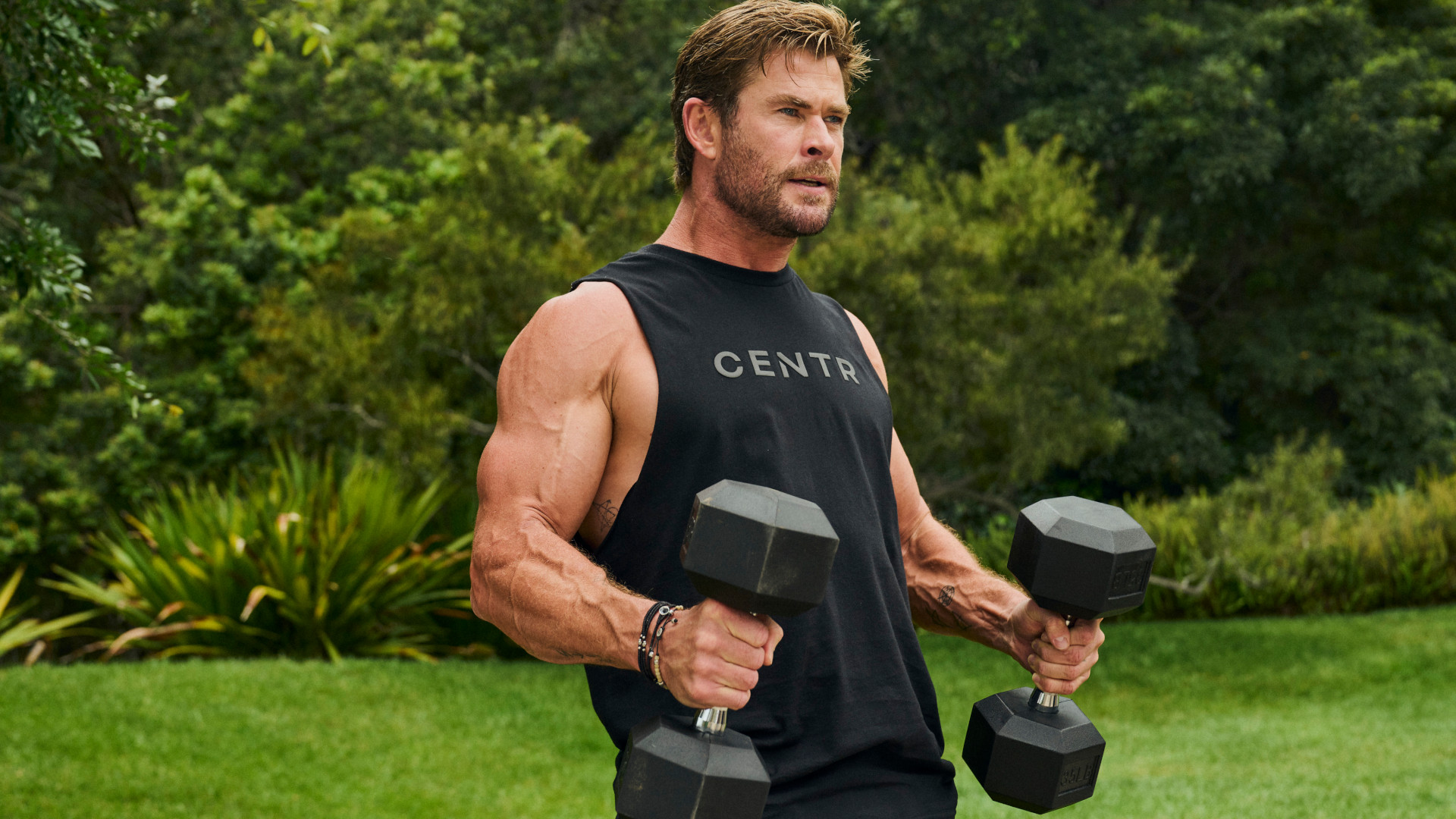
Chris Hemsworth’s personal trainer shares a simple dumbbell workout to build massive arm muscles
This six-move workout from Celebrity trainer, Luke Zocchi, will add serious muscle to your biceps and triceps
By Bryony Firth-Bernard Published
-
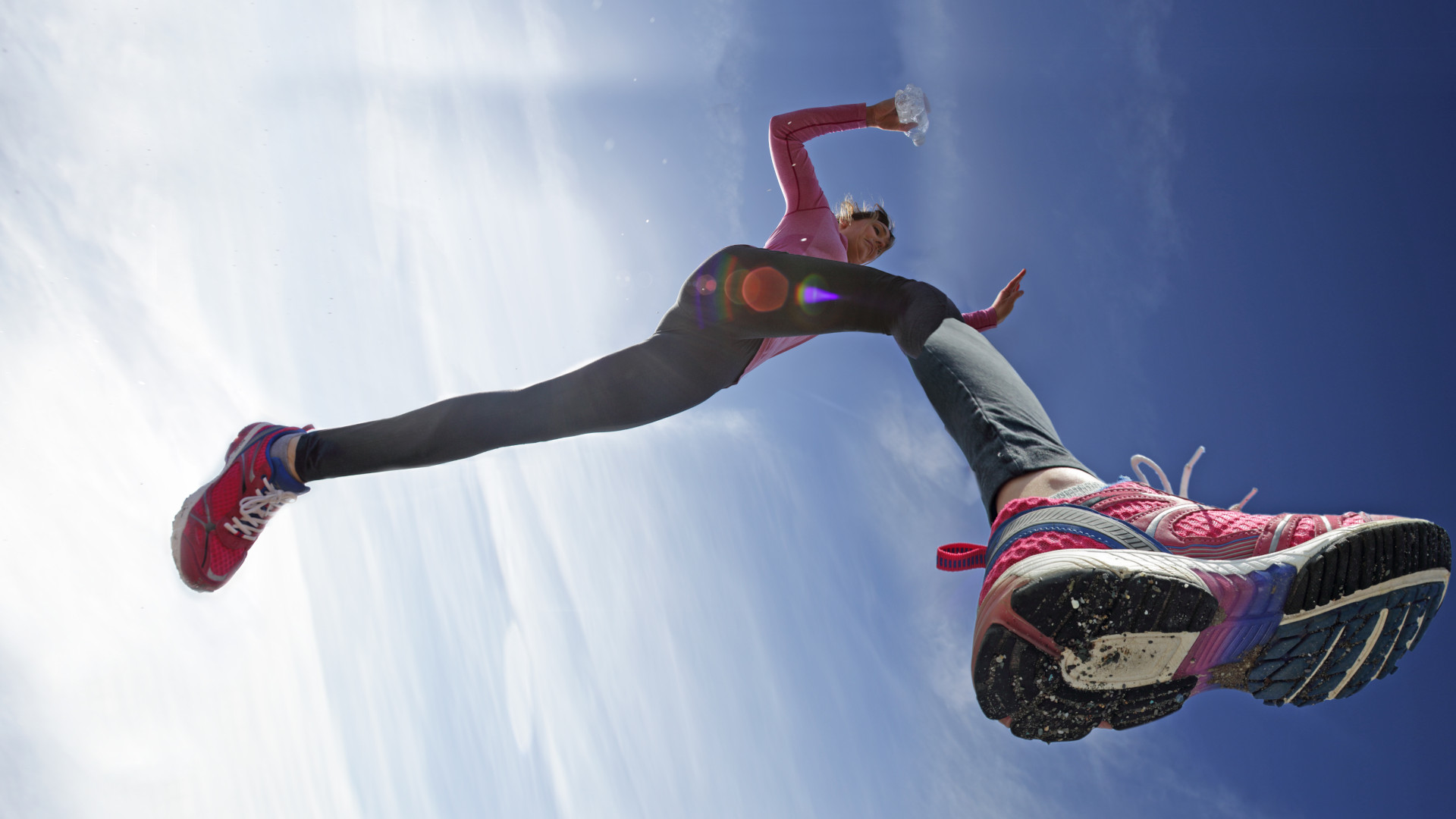
5 outdated running myths that you need to stop believing, say these experts
Put them in the bin, forget them!
By Bryony Firth-Bernard Published
-
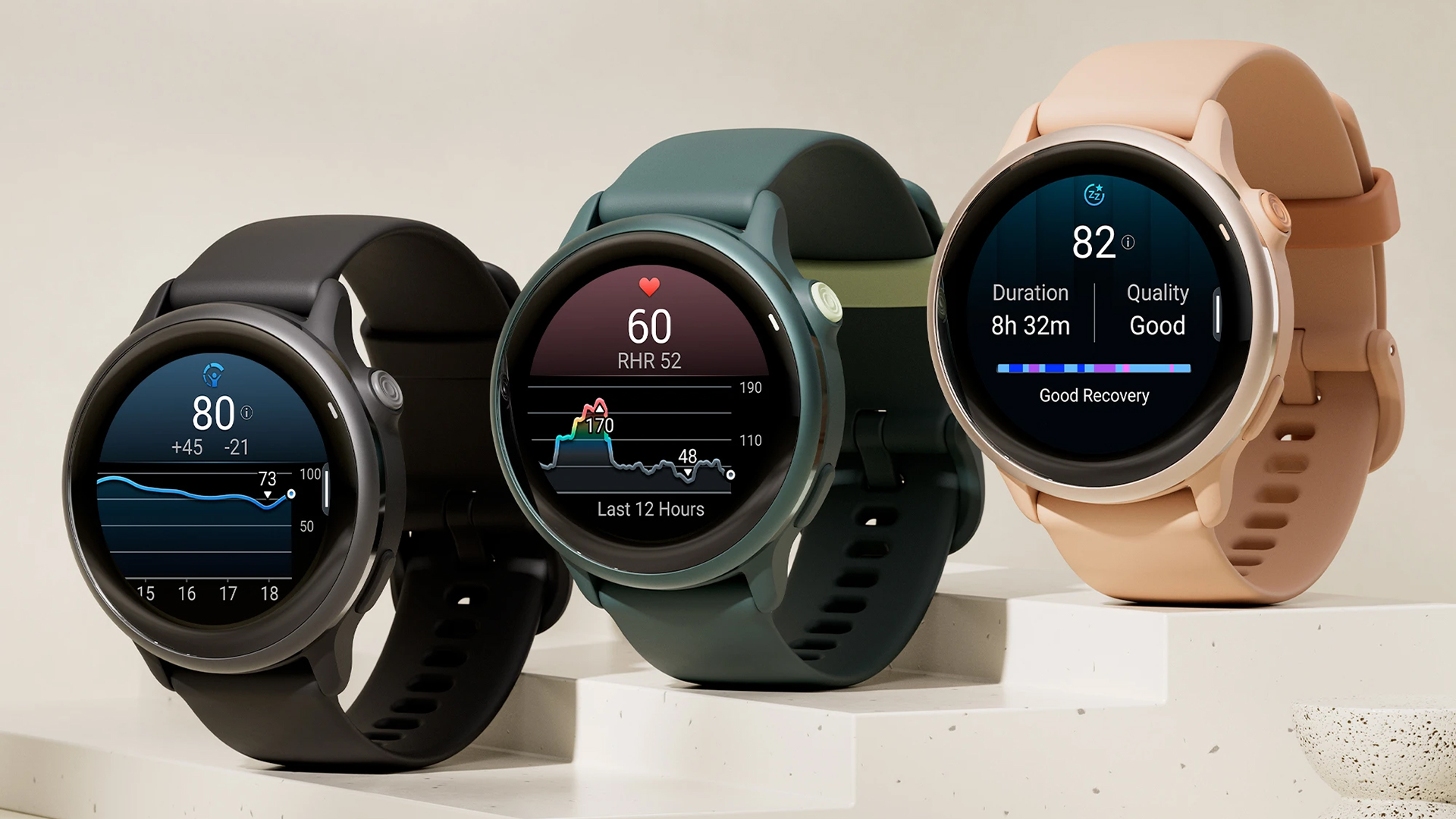
Garmin Vivoactive 6 brings smarter coaching and deeper wellness insights to your wrist – available from today
The new smartwatch puts personal health intelligence front and centre
By Matt Kollat Published
-
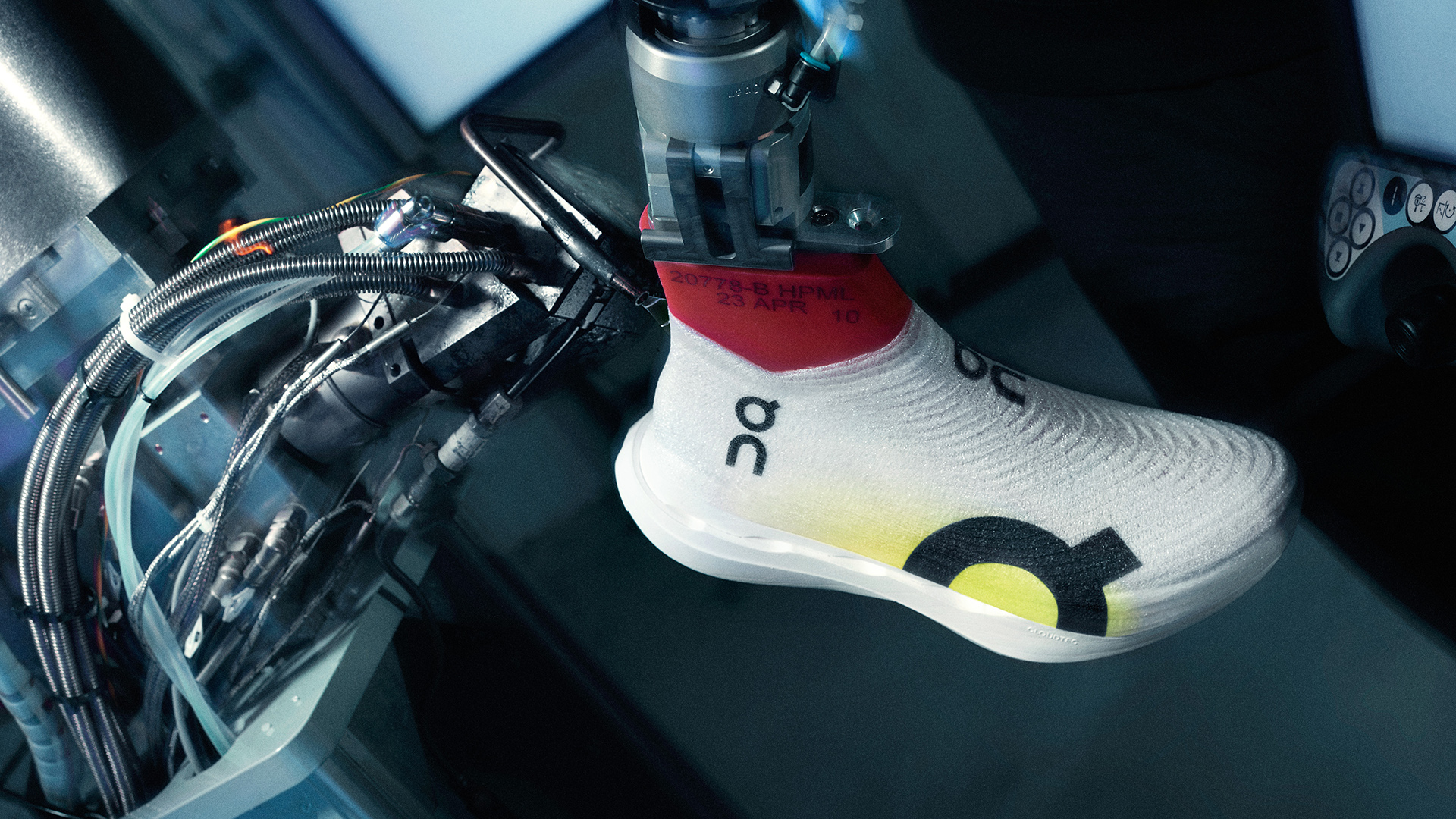
On gives its radical LightSpray super shoe a makeover for spring race season
On’s Cloudboom Strike LS returns in a fresh White/Lime finish
By Matt Kollat Published
-
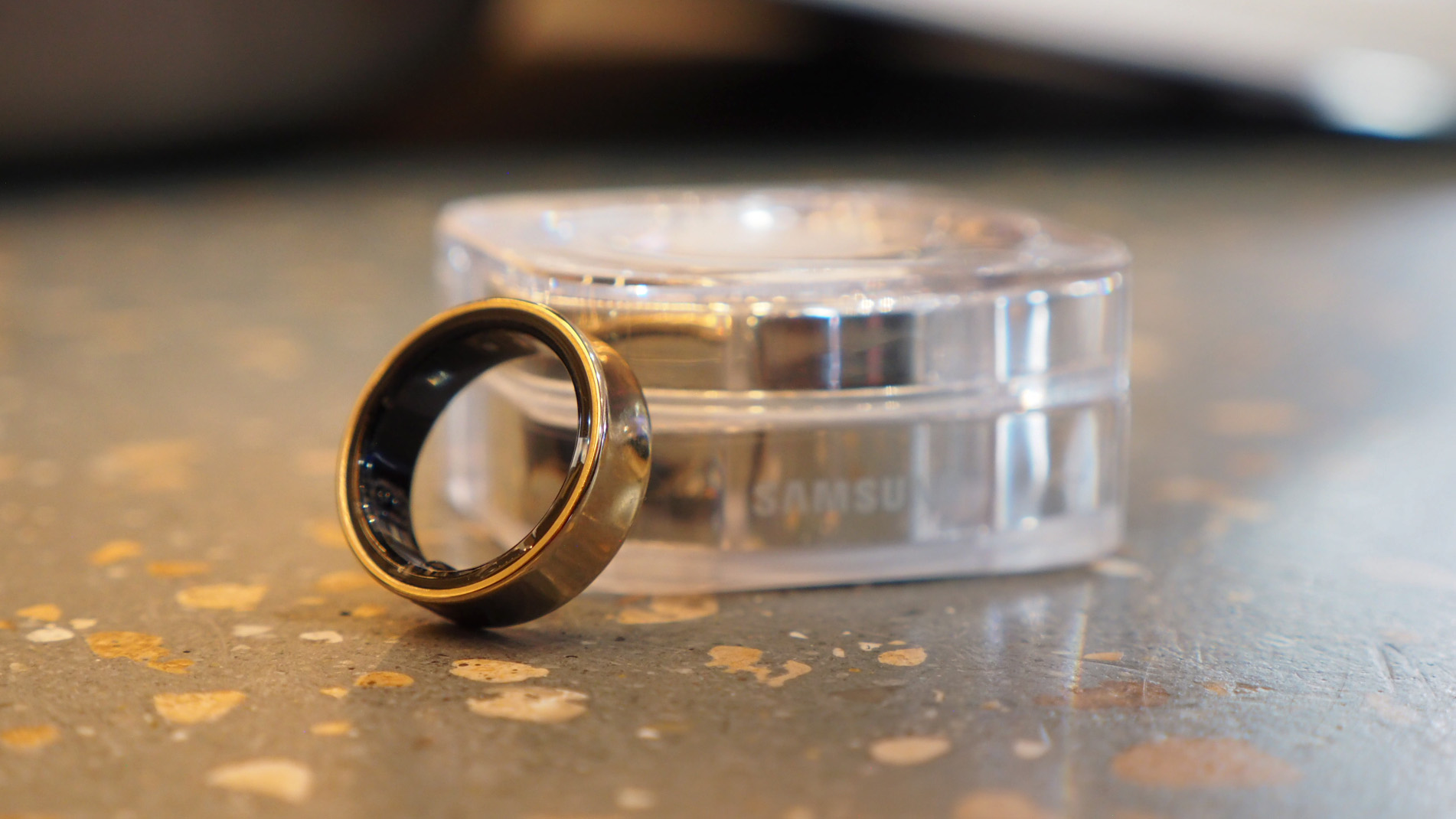
Samsung Galaxy Ring 2 might beat smartwatches to the punch with breakthrough battery tech
The upcoming smart ring might feature a solid-state battery, a game-changer for both the industry and the South Korean company
By Matt Kollat Published
-
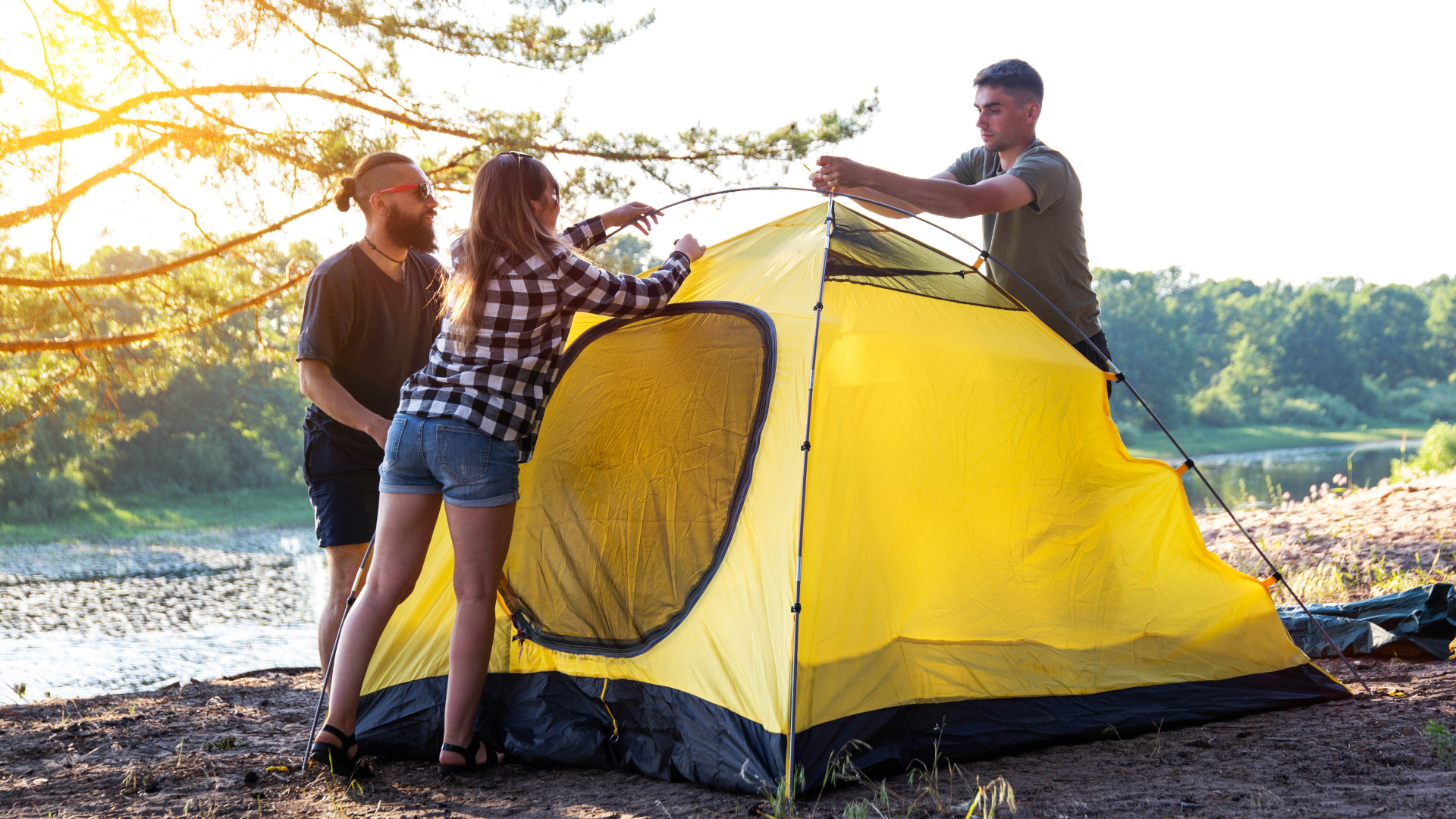
5 common camping mistakes and how to avoid them for a relaxed outdoor escape
Whether you're a seasoned camper or a complete newbie, don't overlook these common blunders
By Bryony Firth-Bernard Published
-
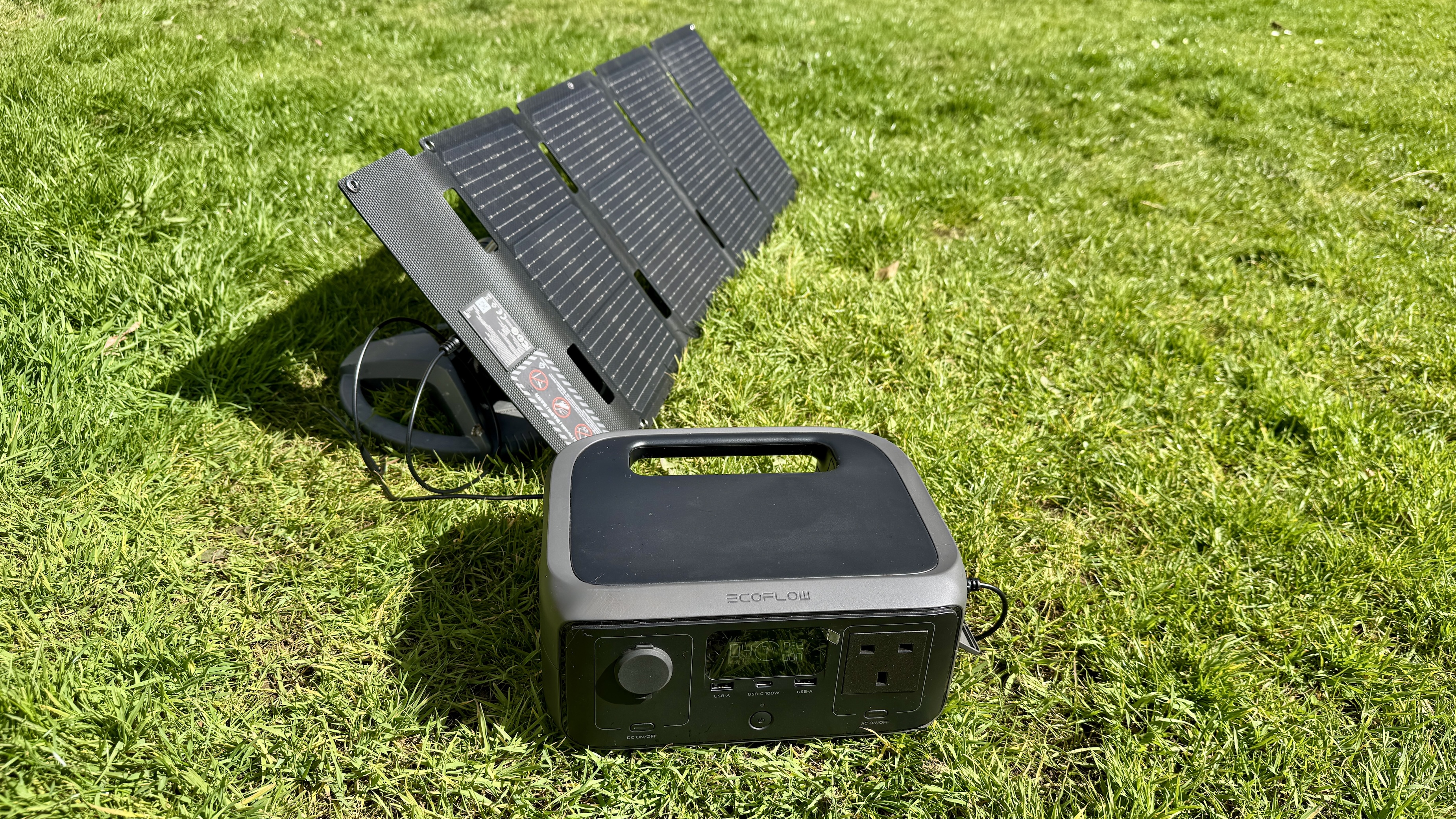
EcoFlow River 3 UPS review: Downsizing power without compromise
Keep the juice flowing with EcoFlow’s latest travel buddy
By Derek Adams Published
-
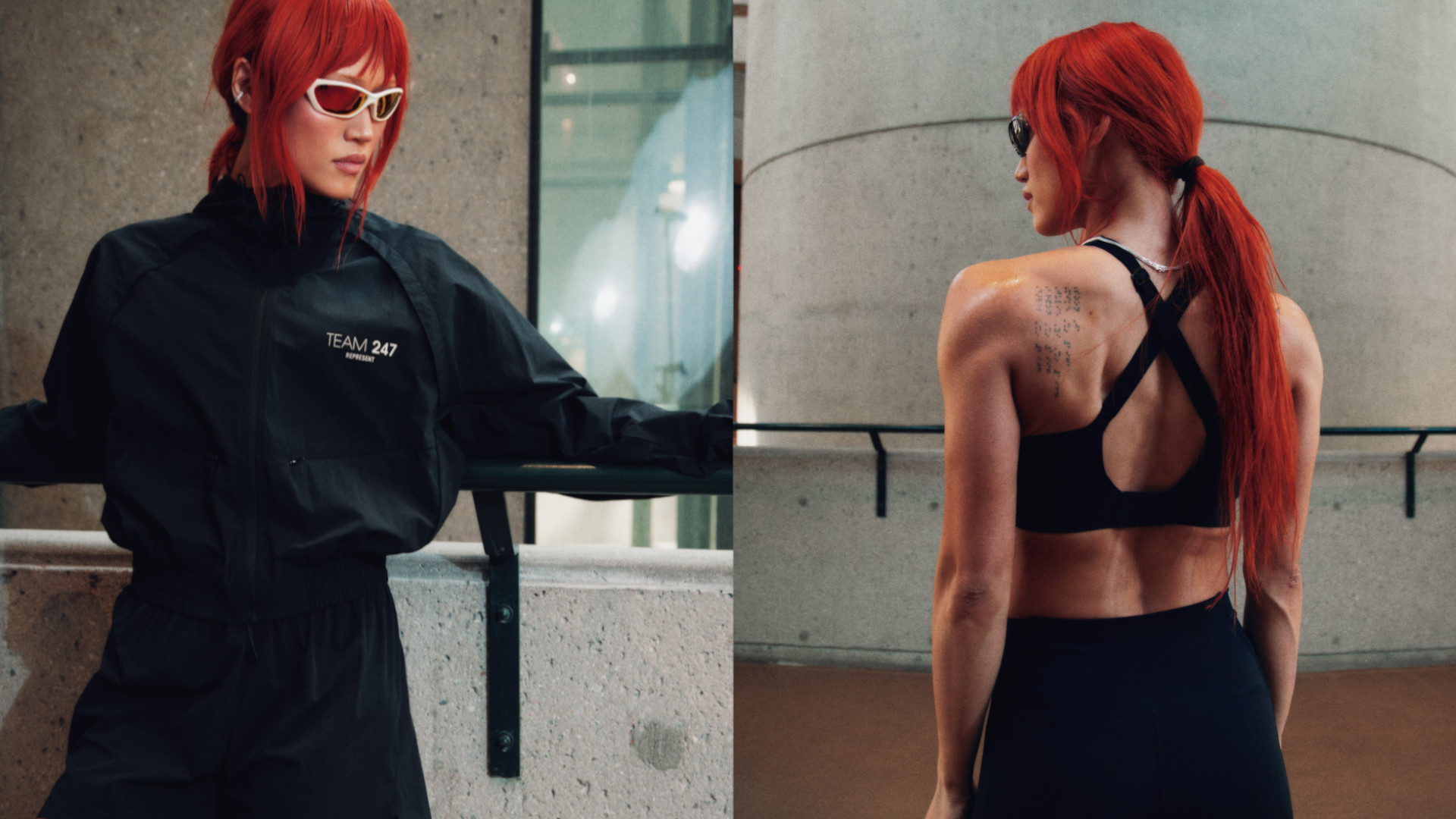
Finally! Represent 247 launches its first womenswear collection, taking you from street to gym in style
It's about time guys
By Bryony Firth-Bernard Published
